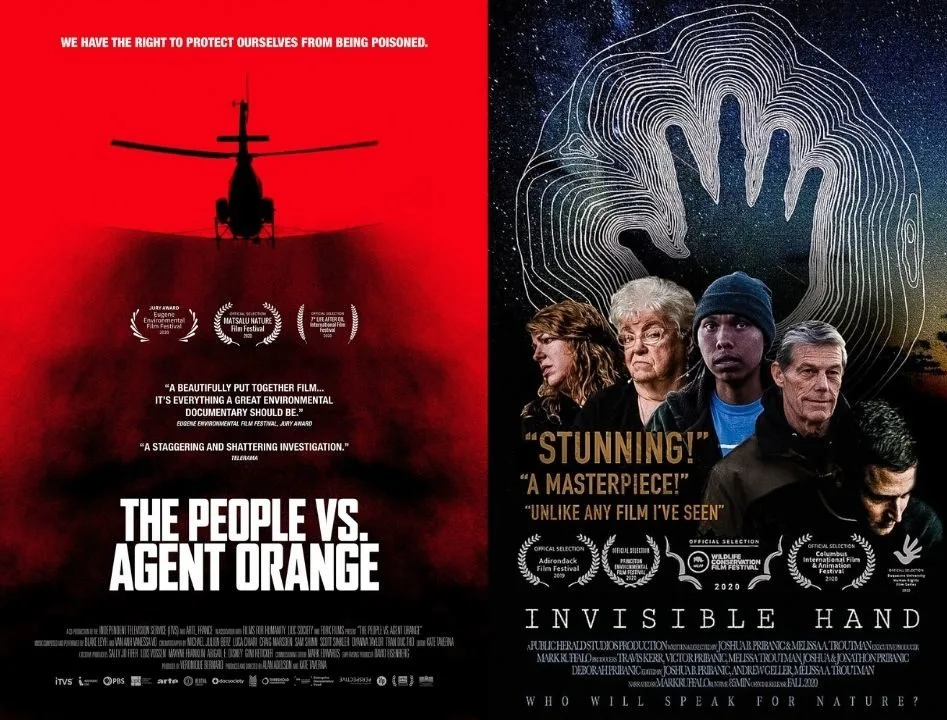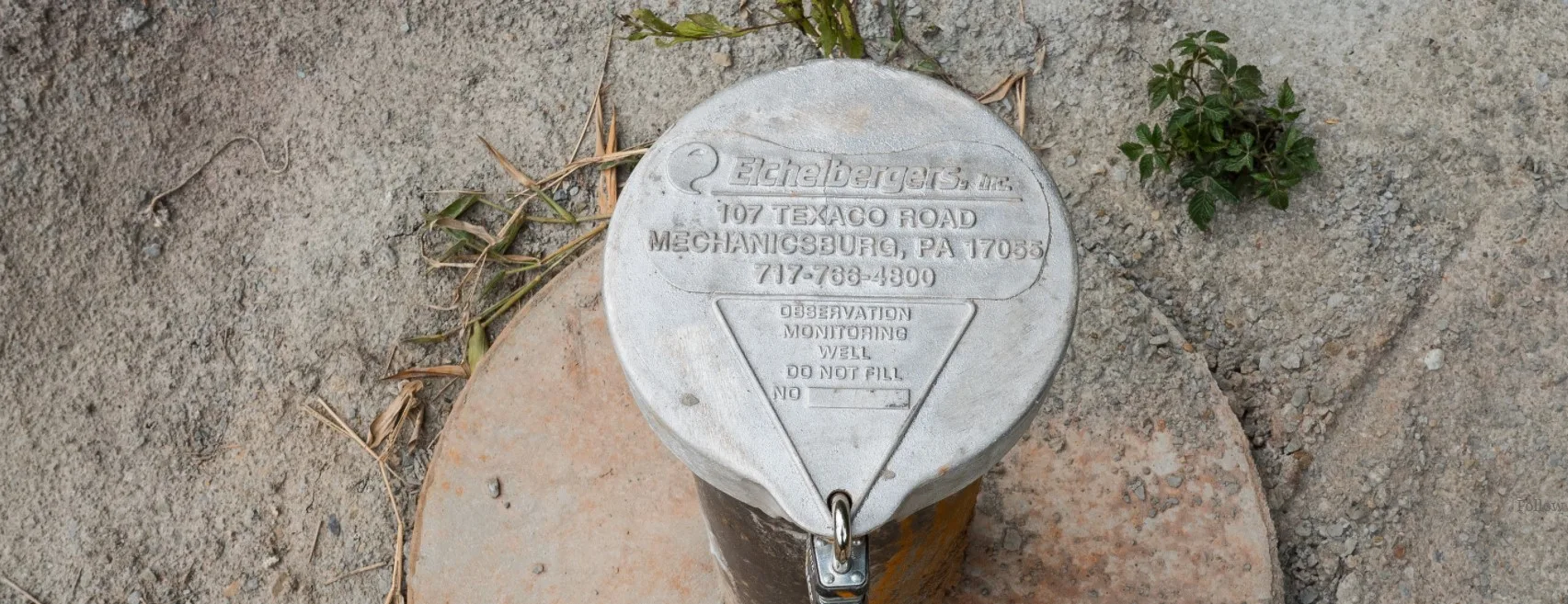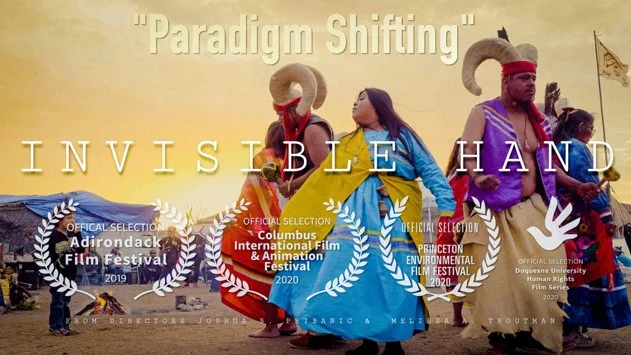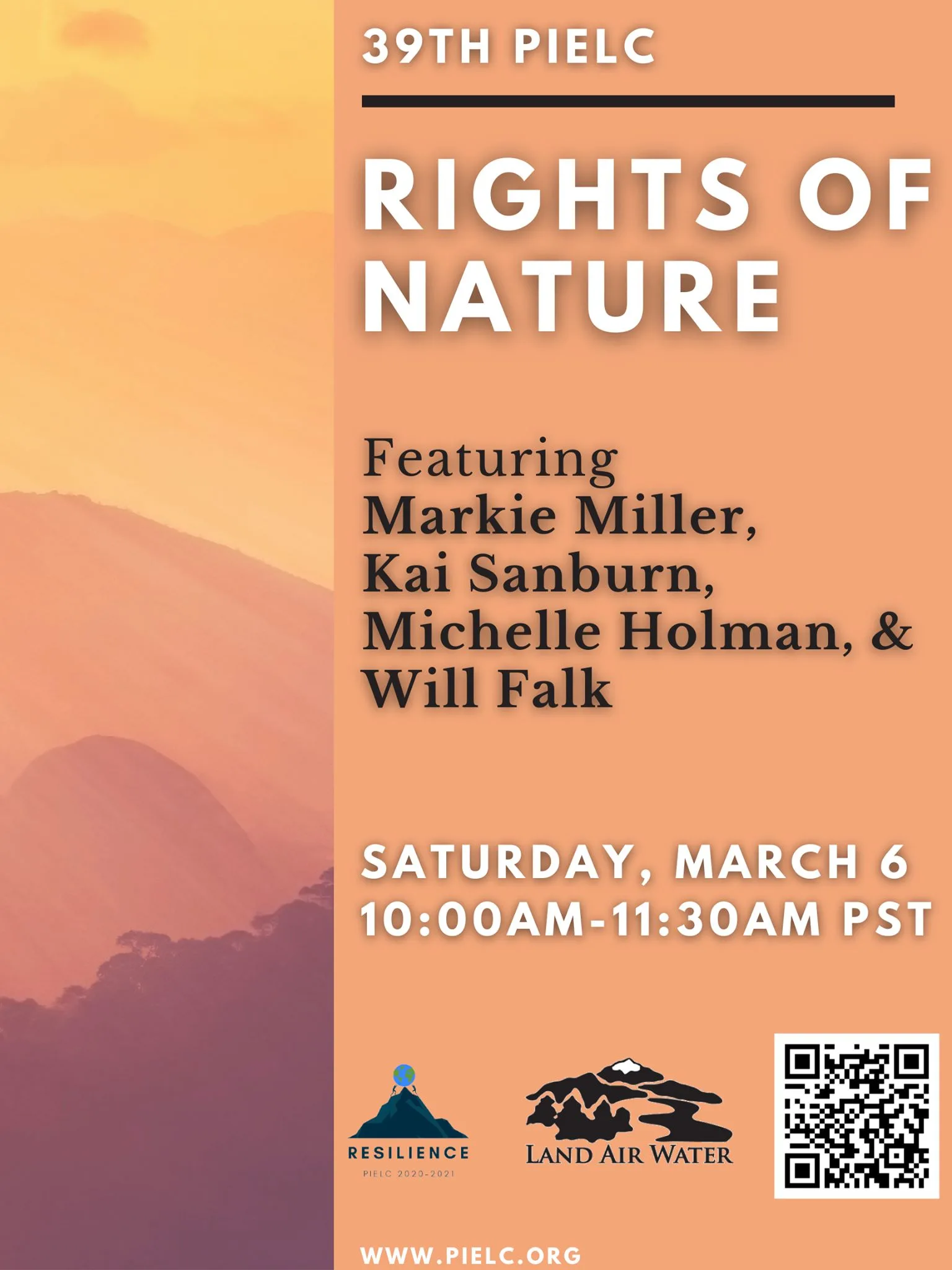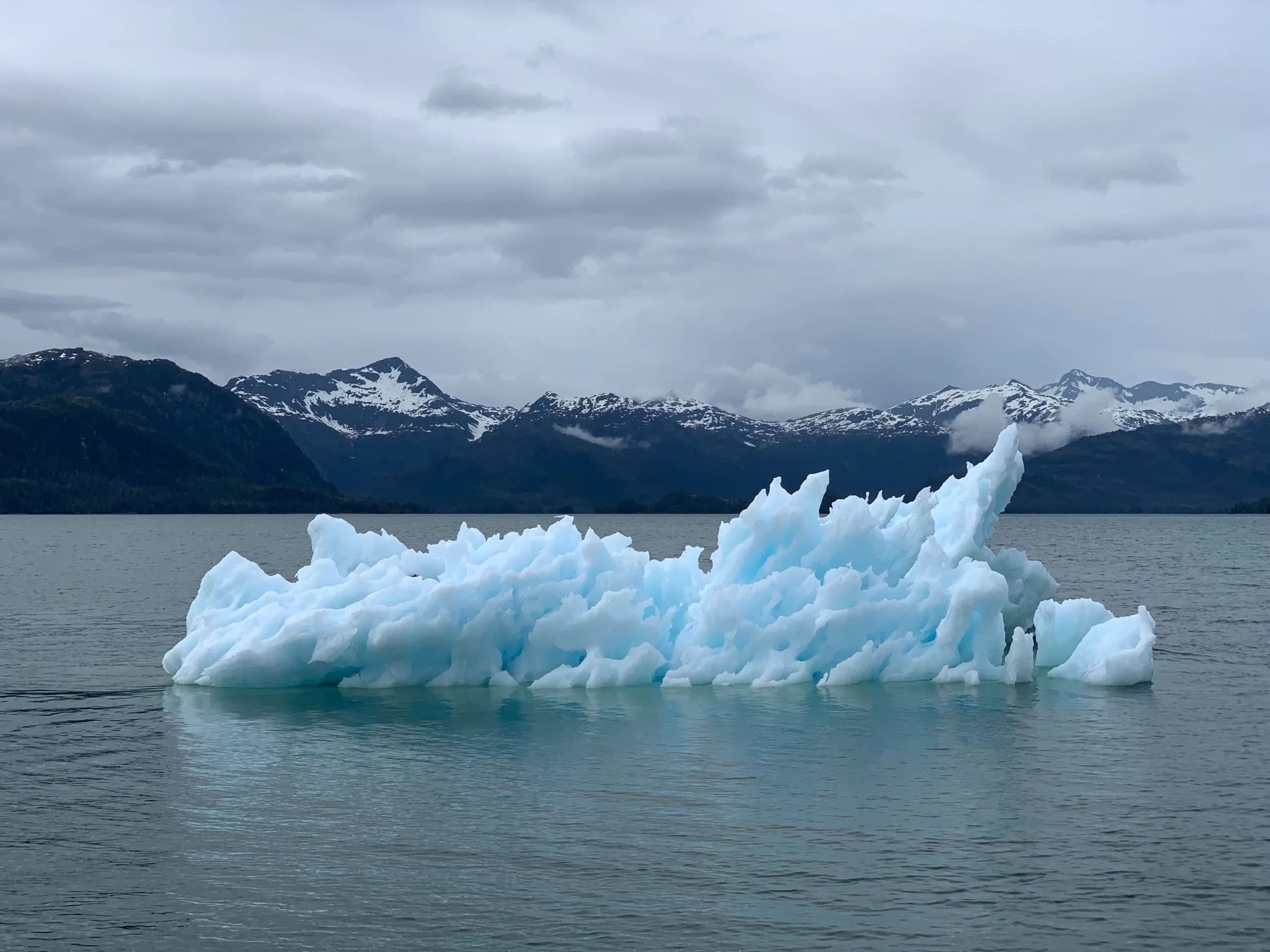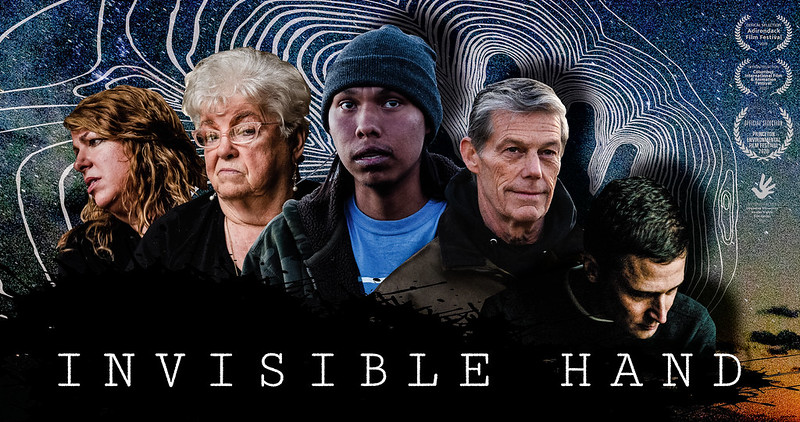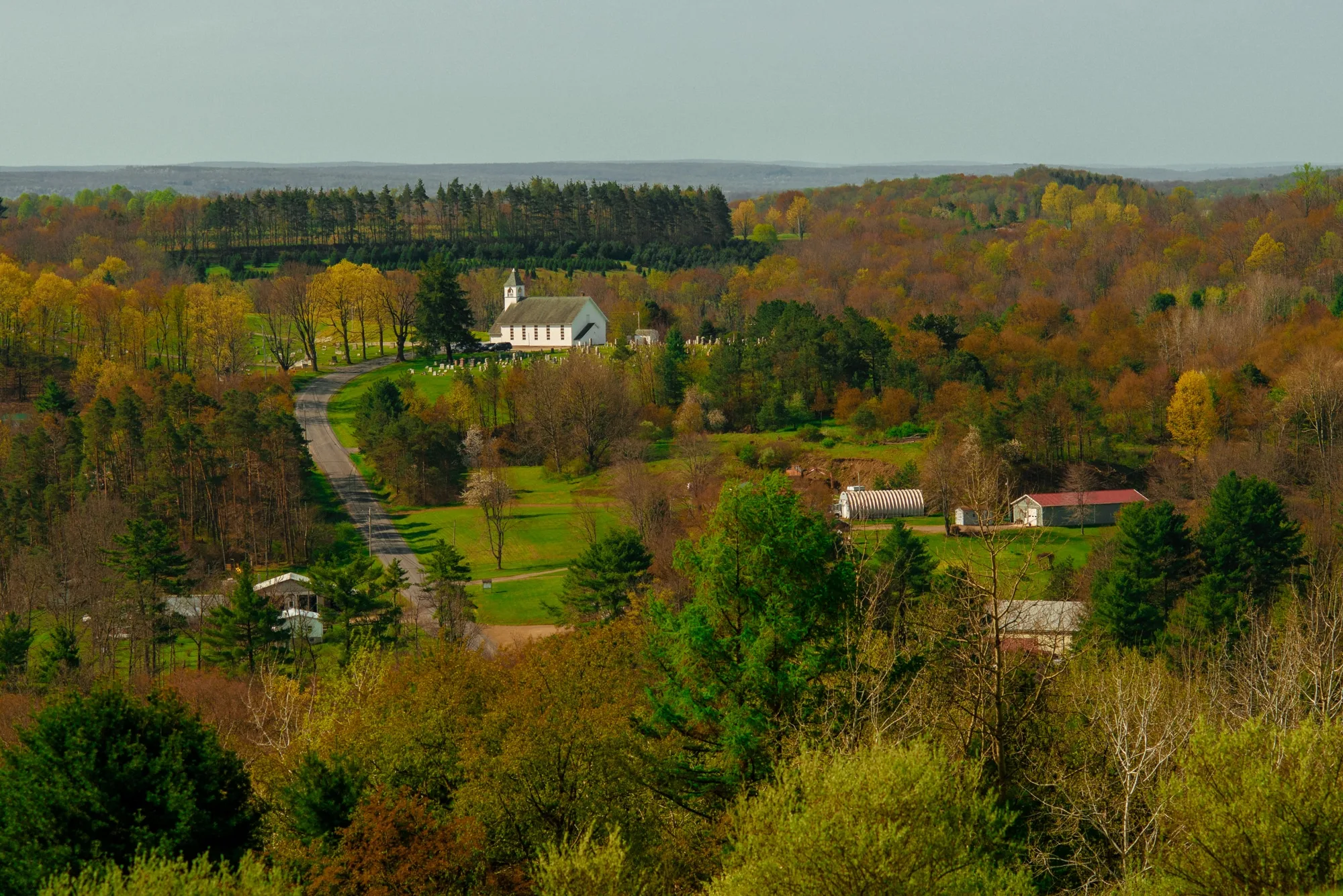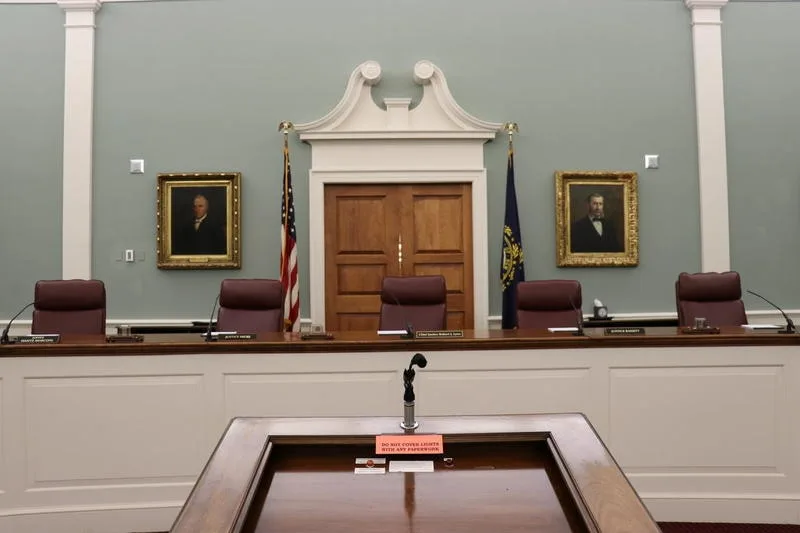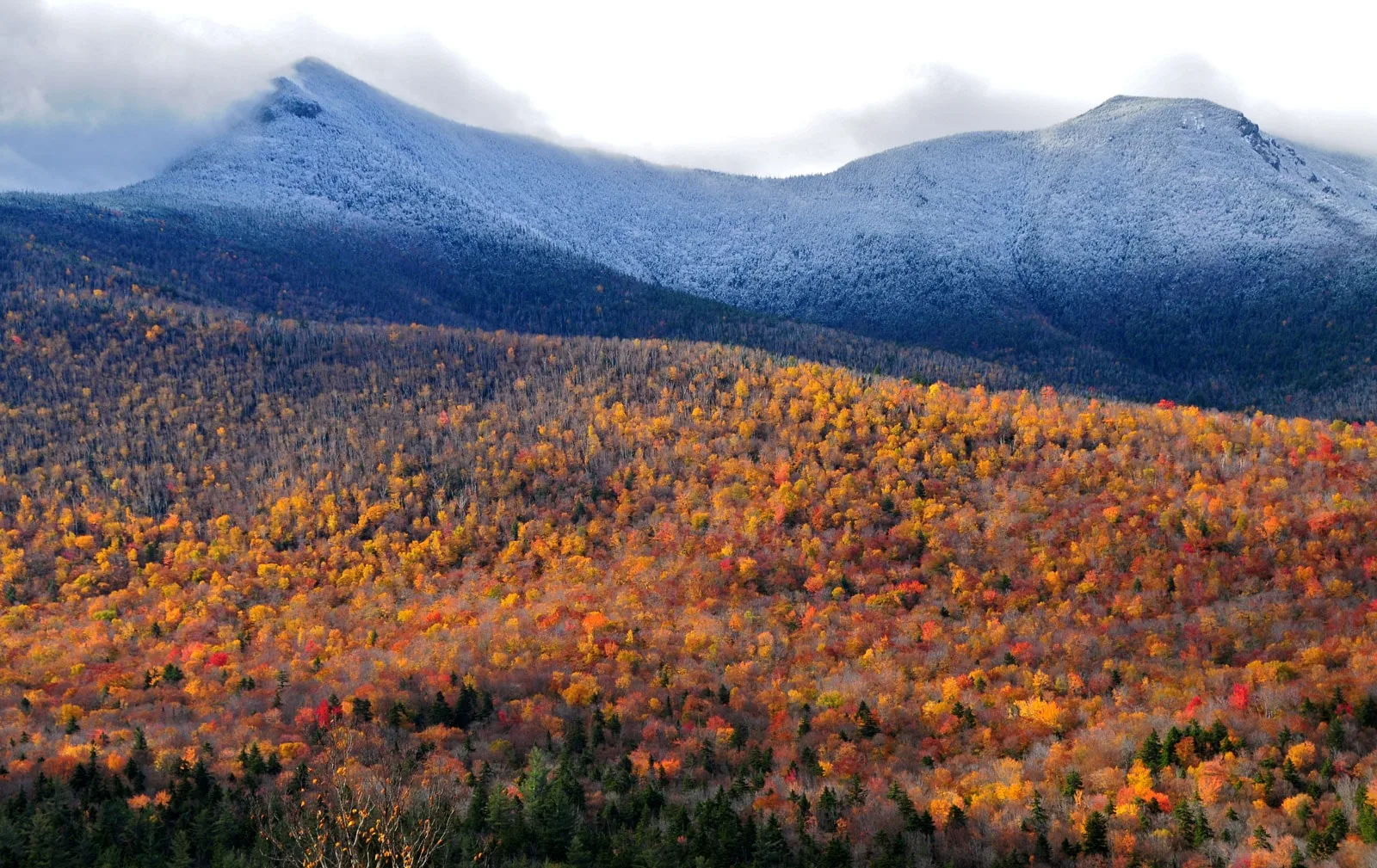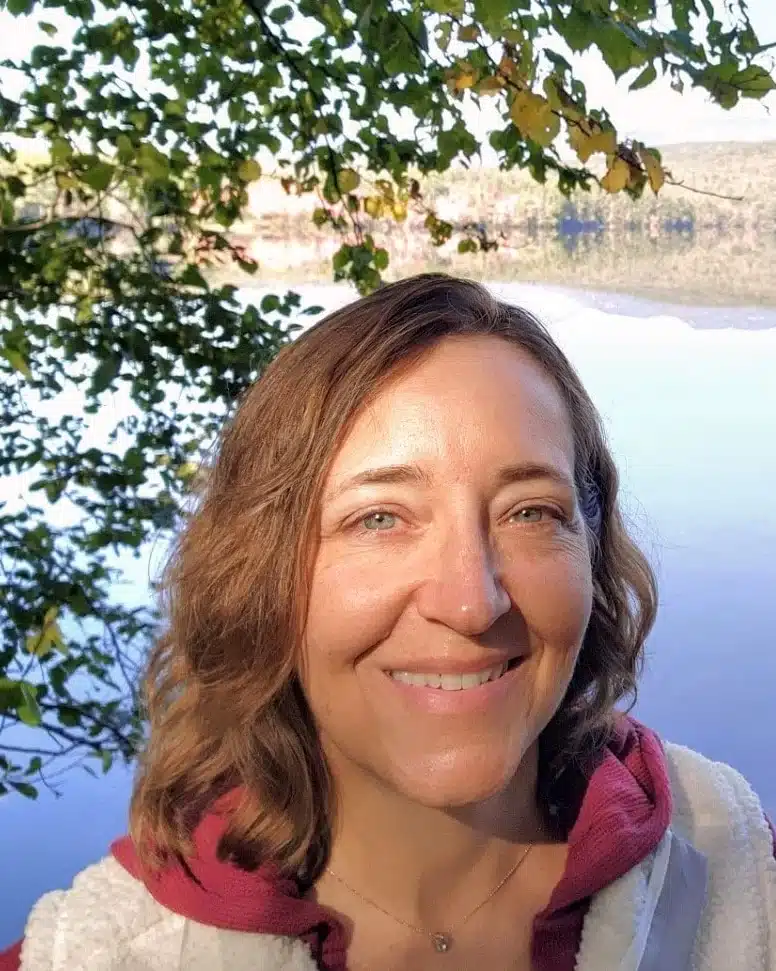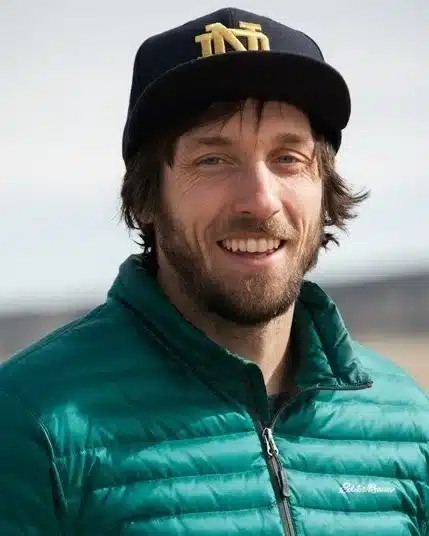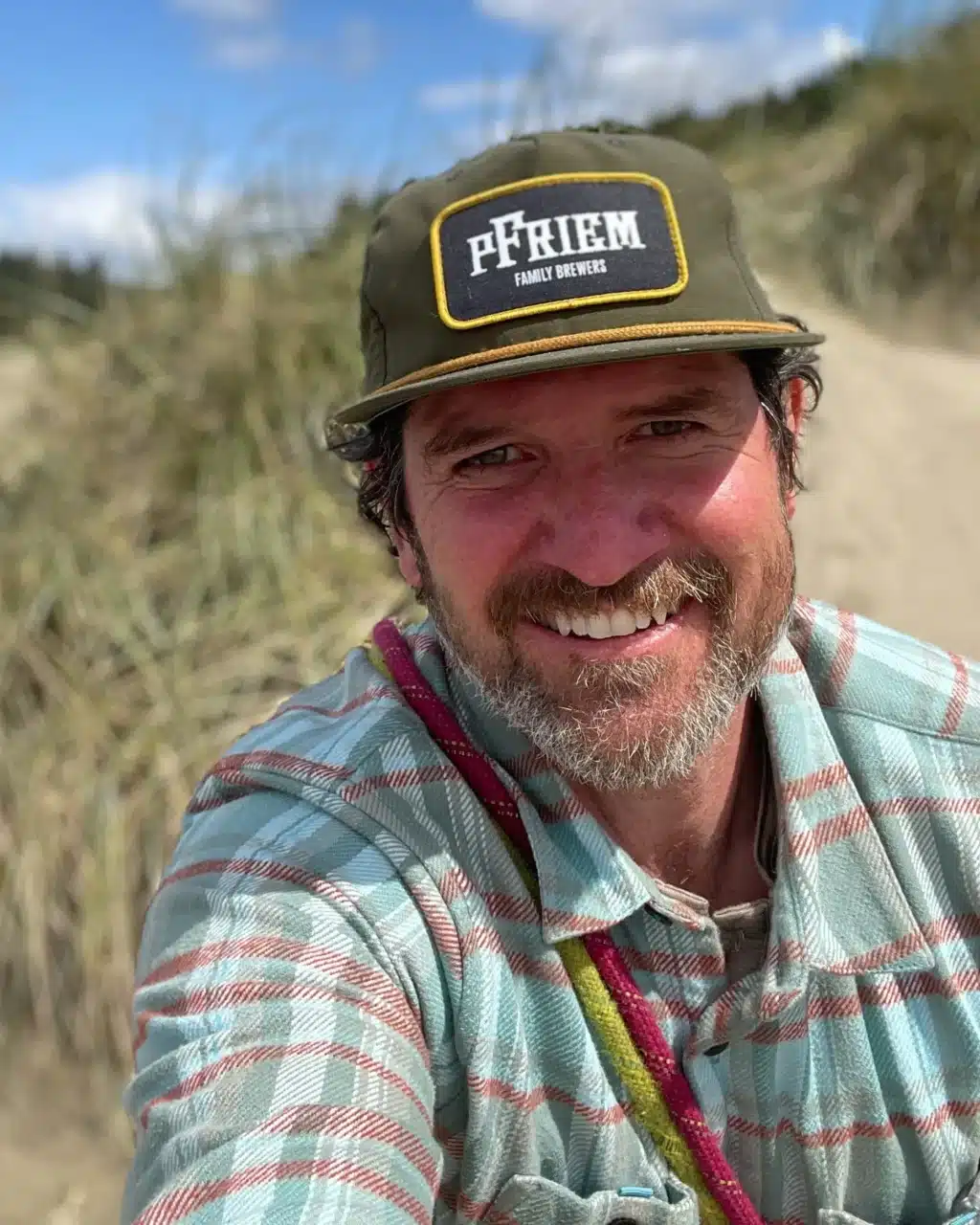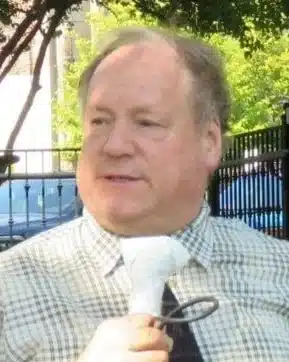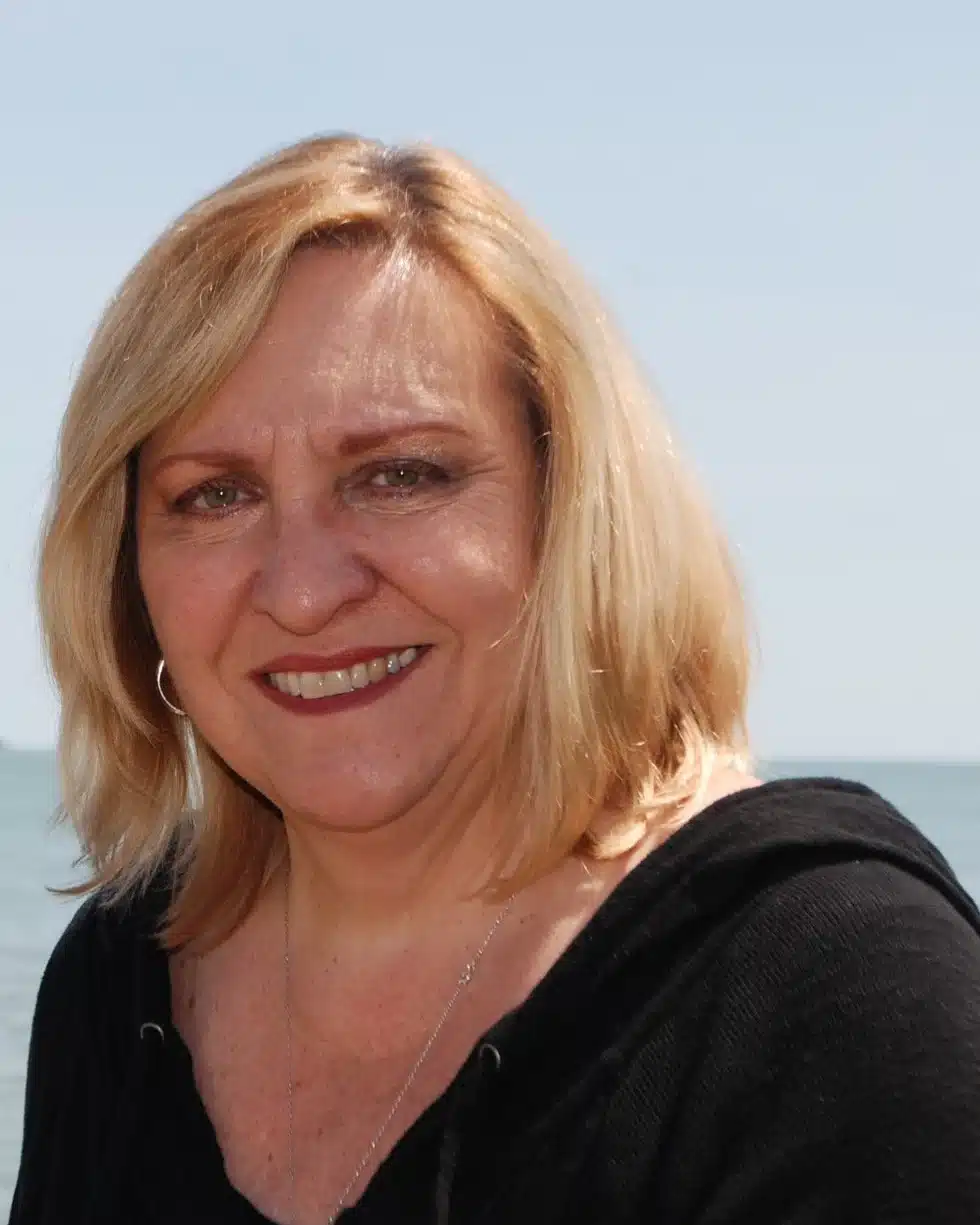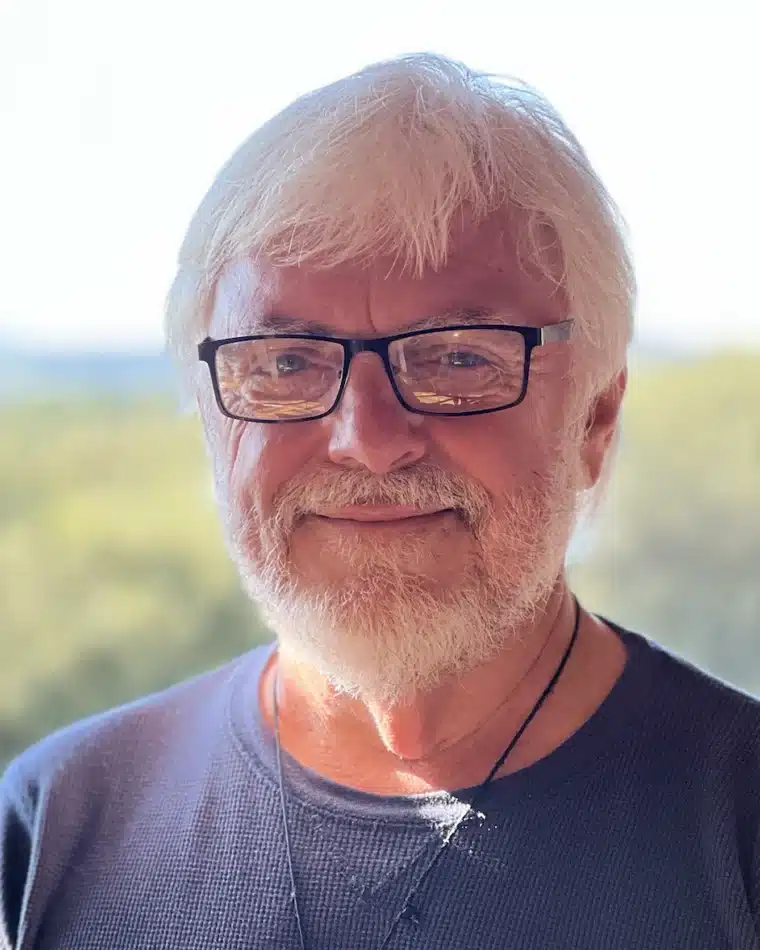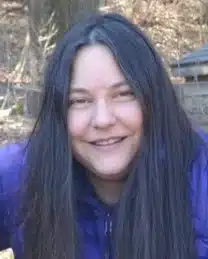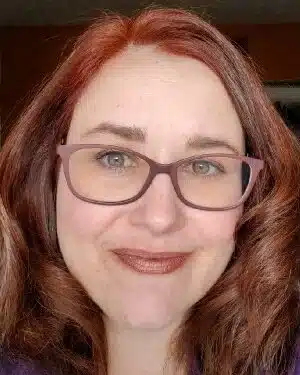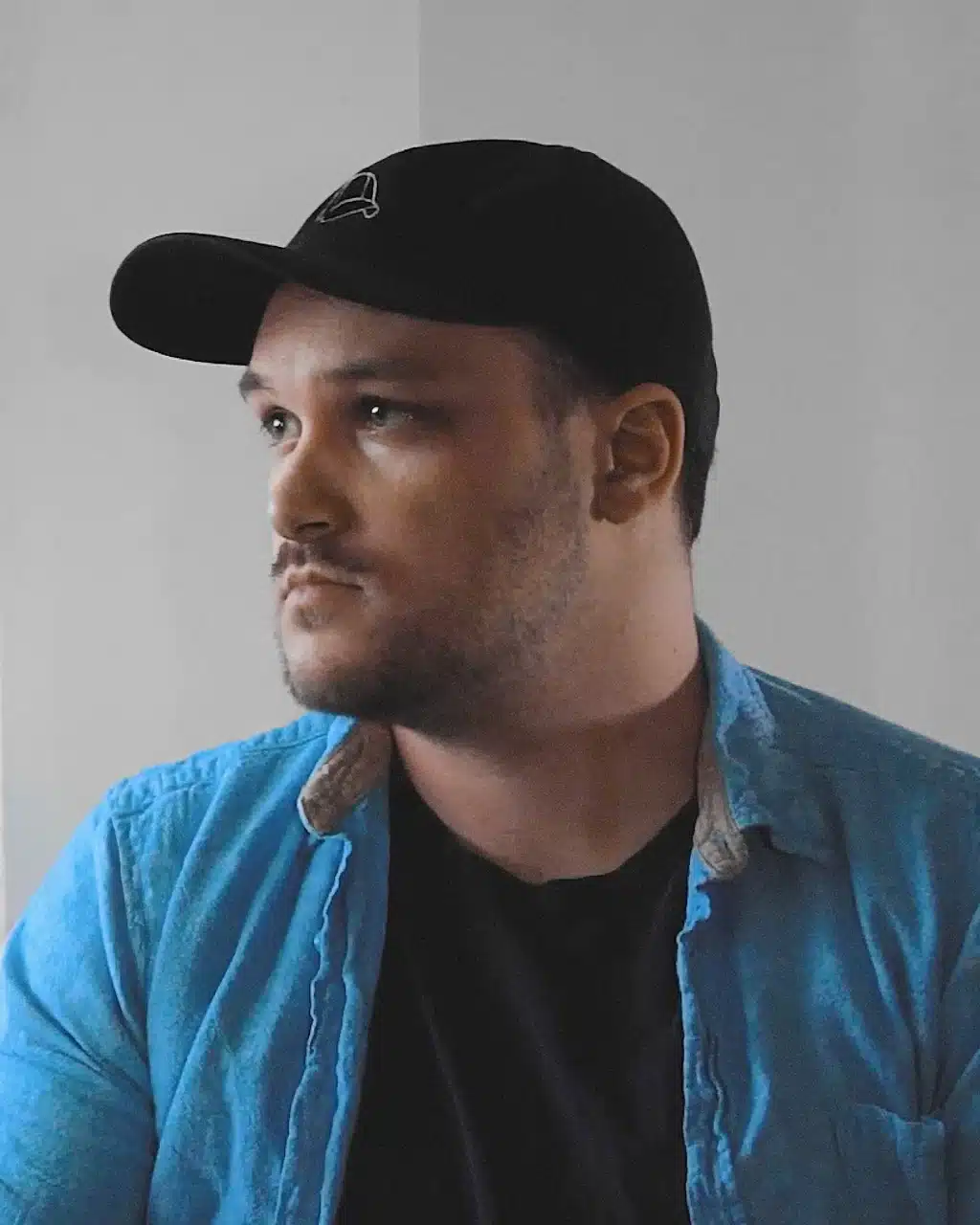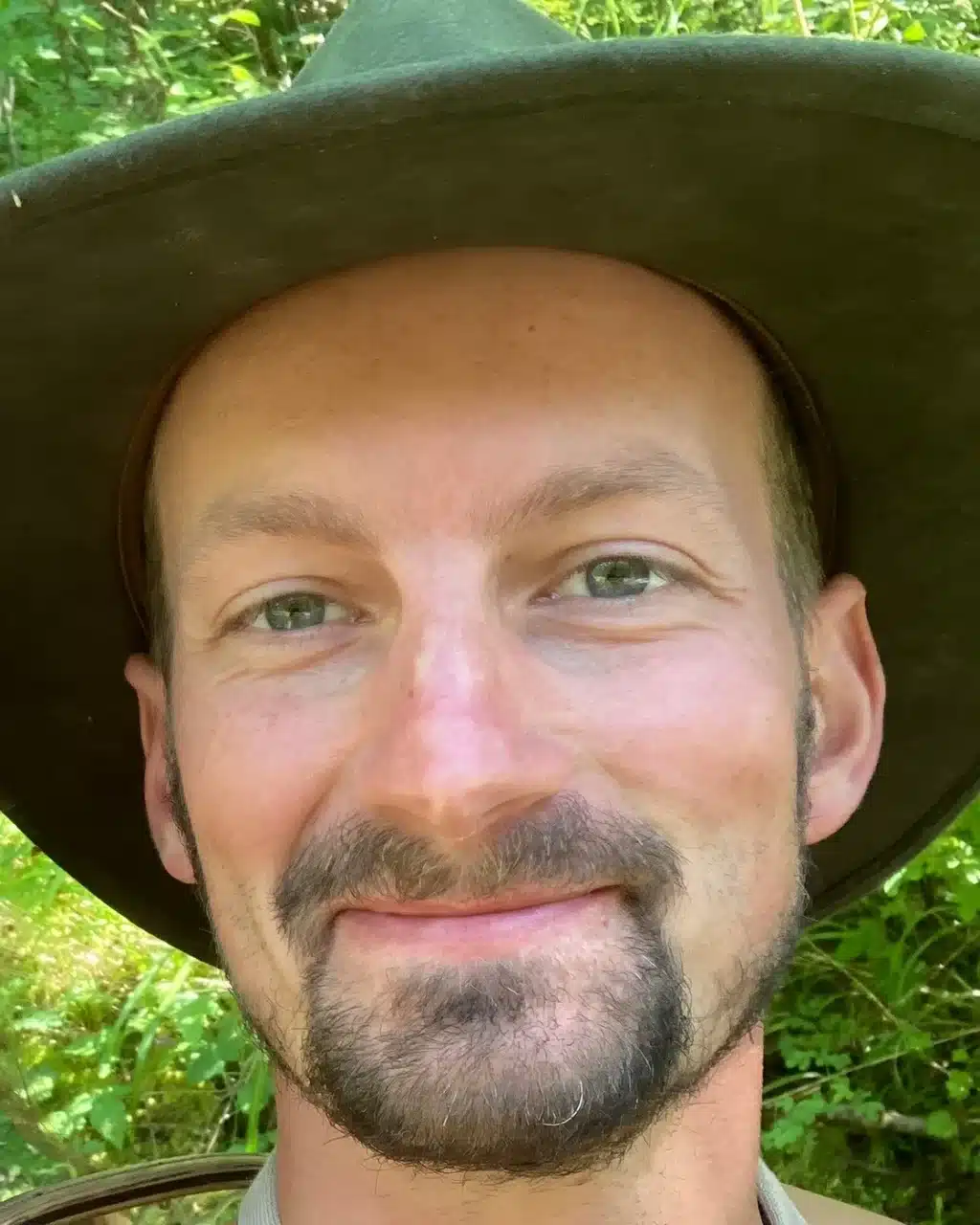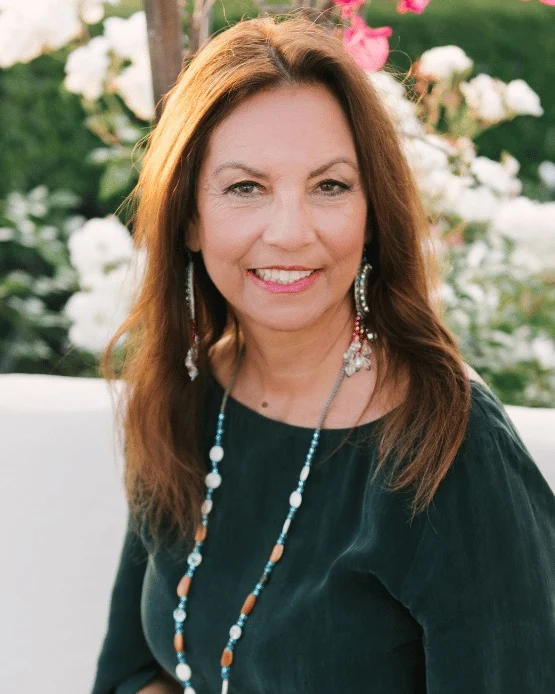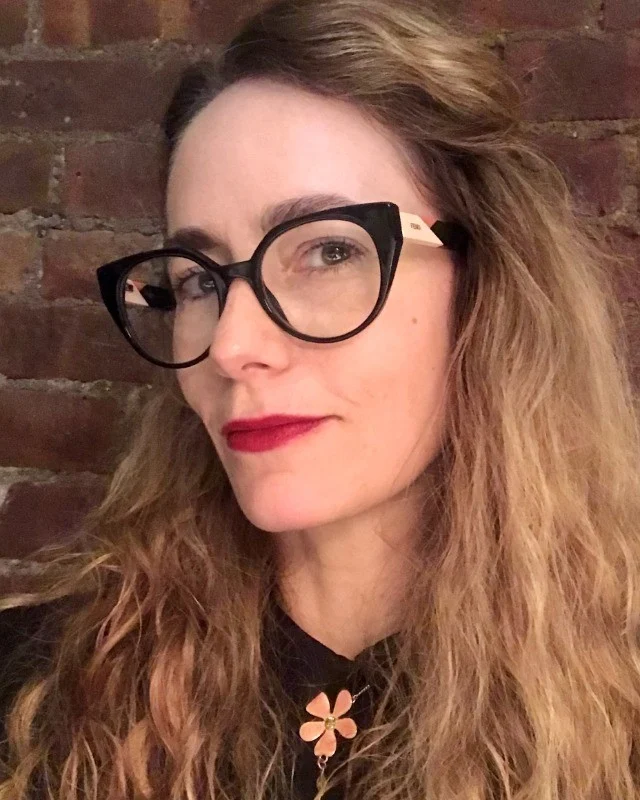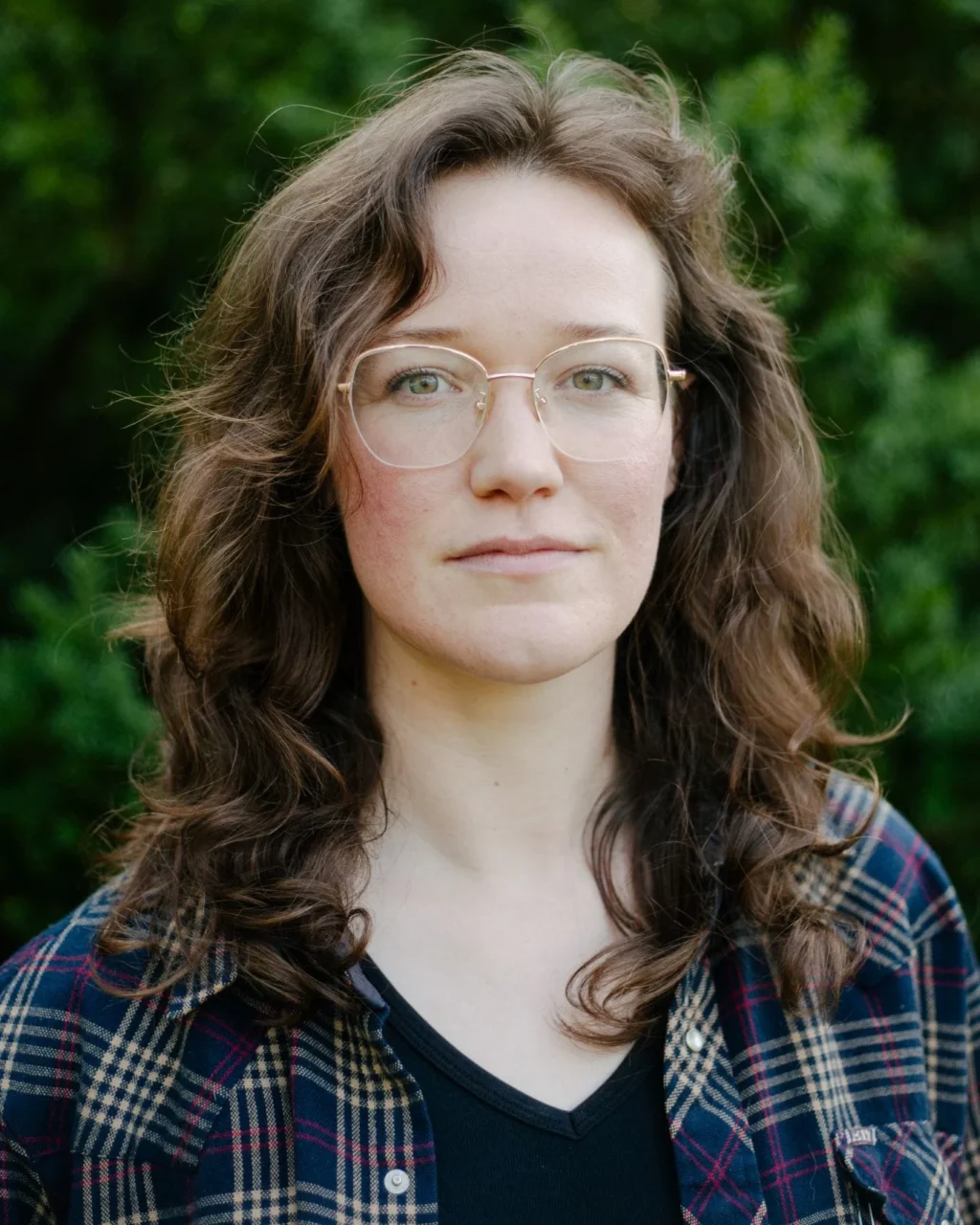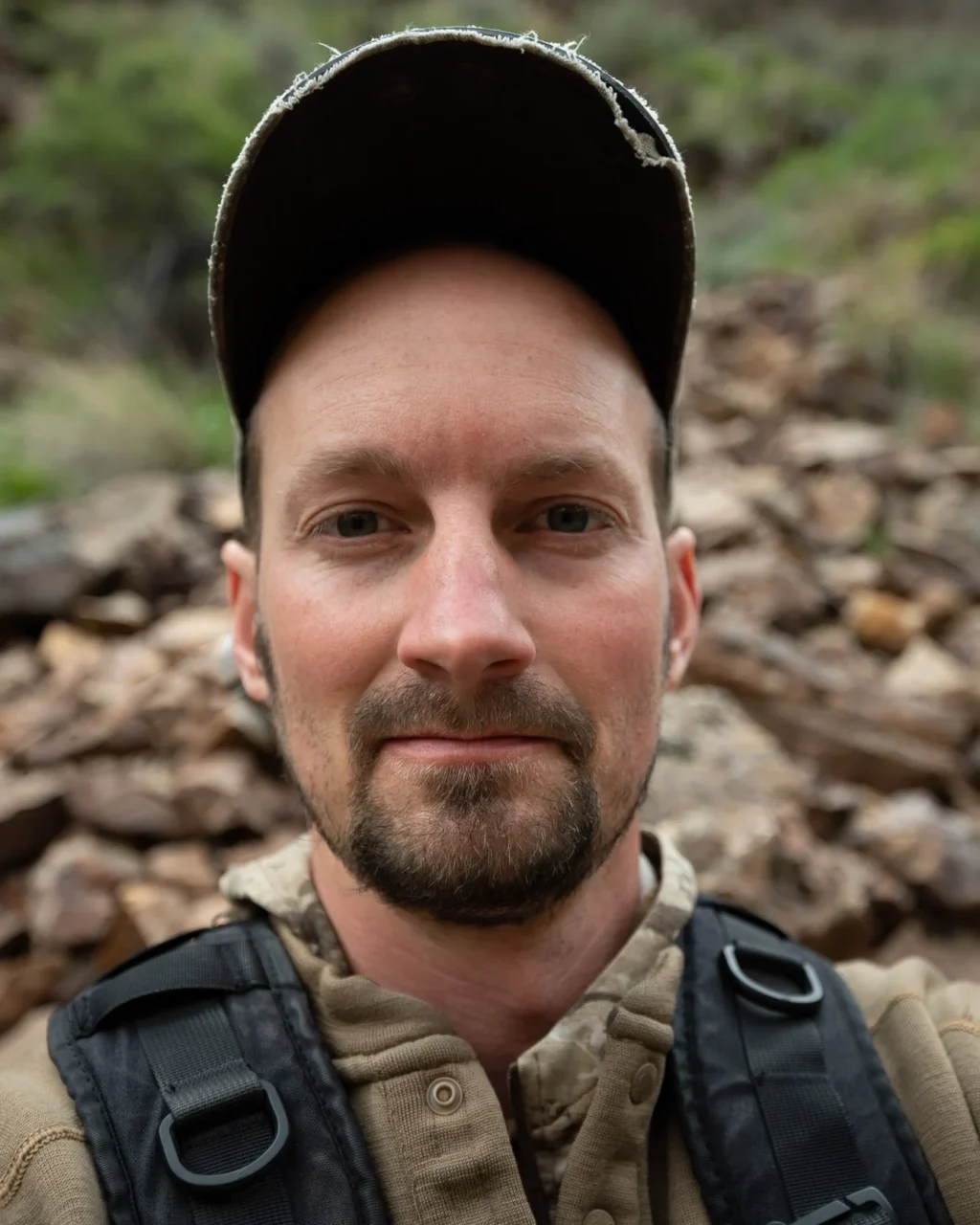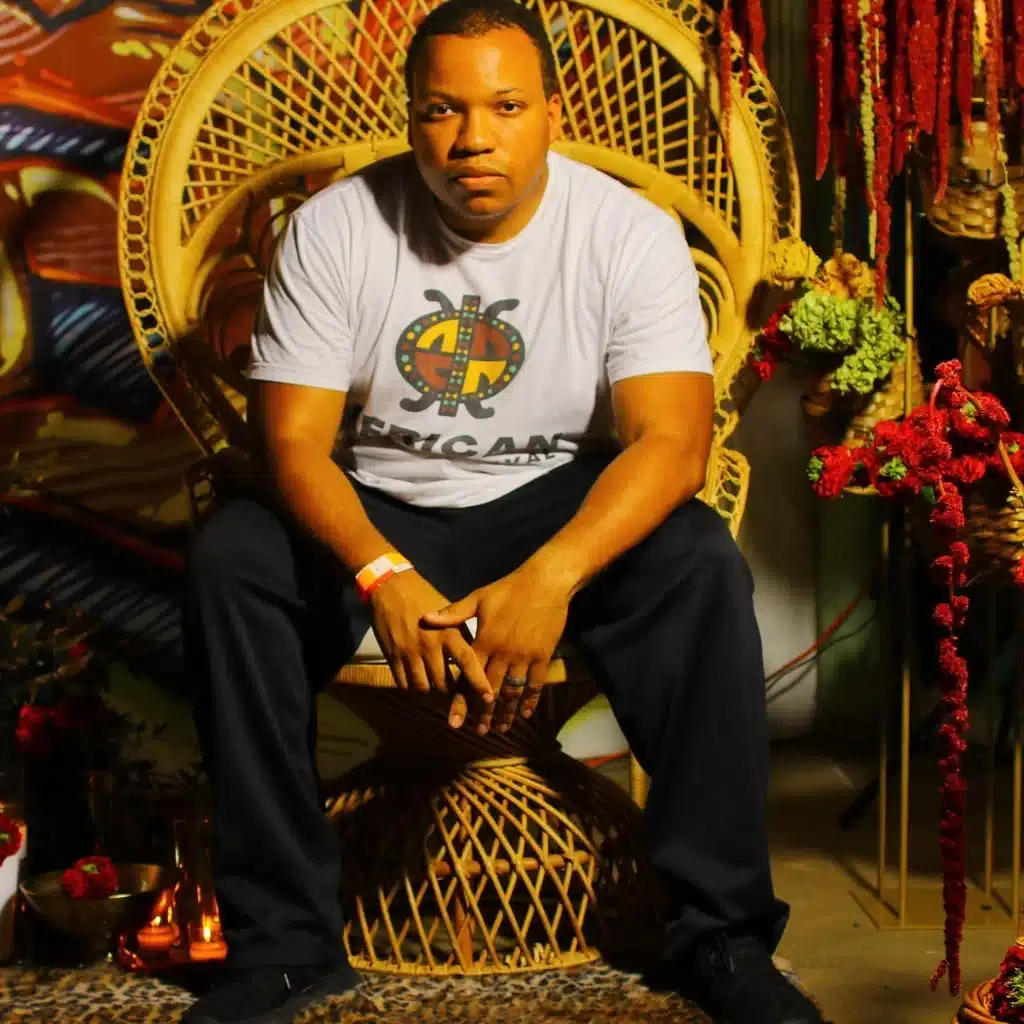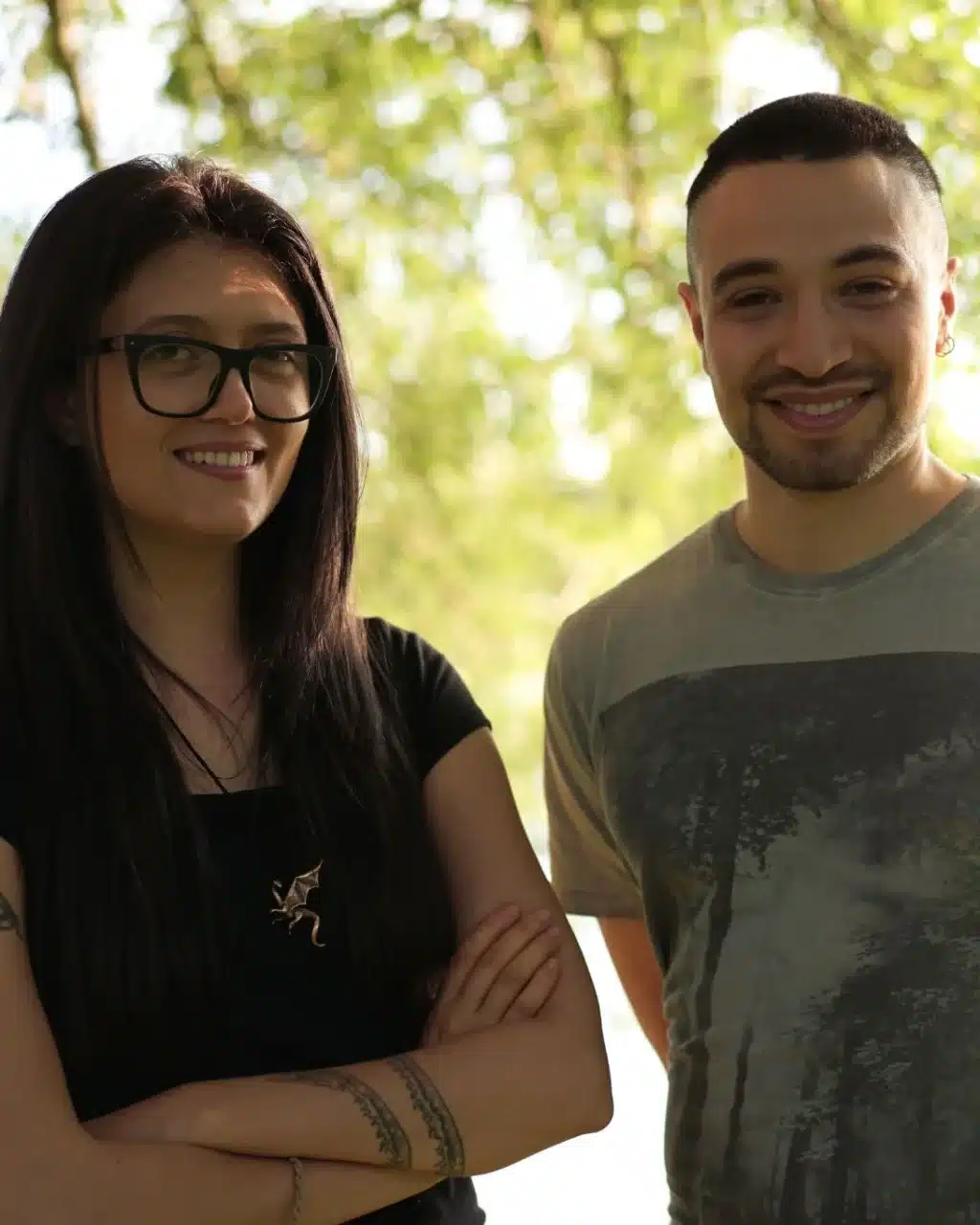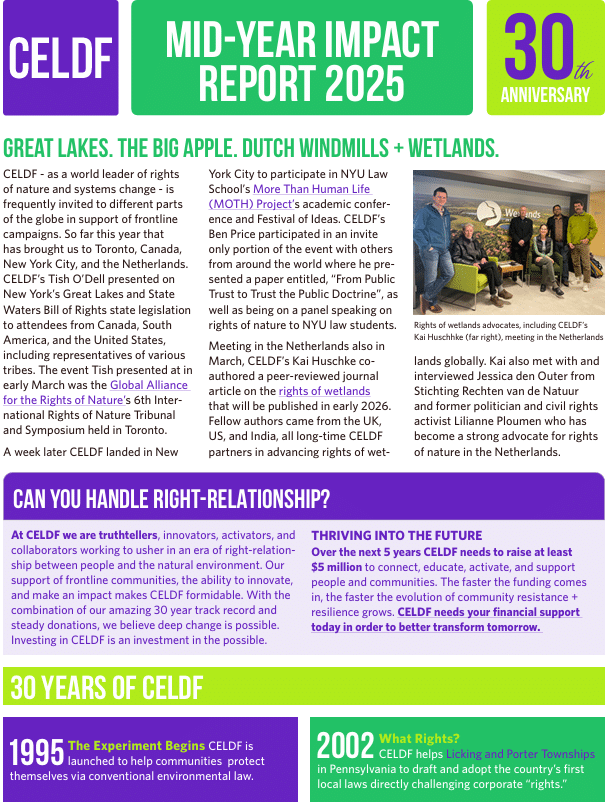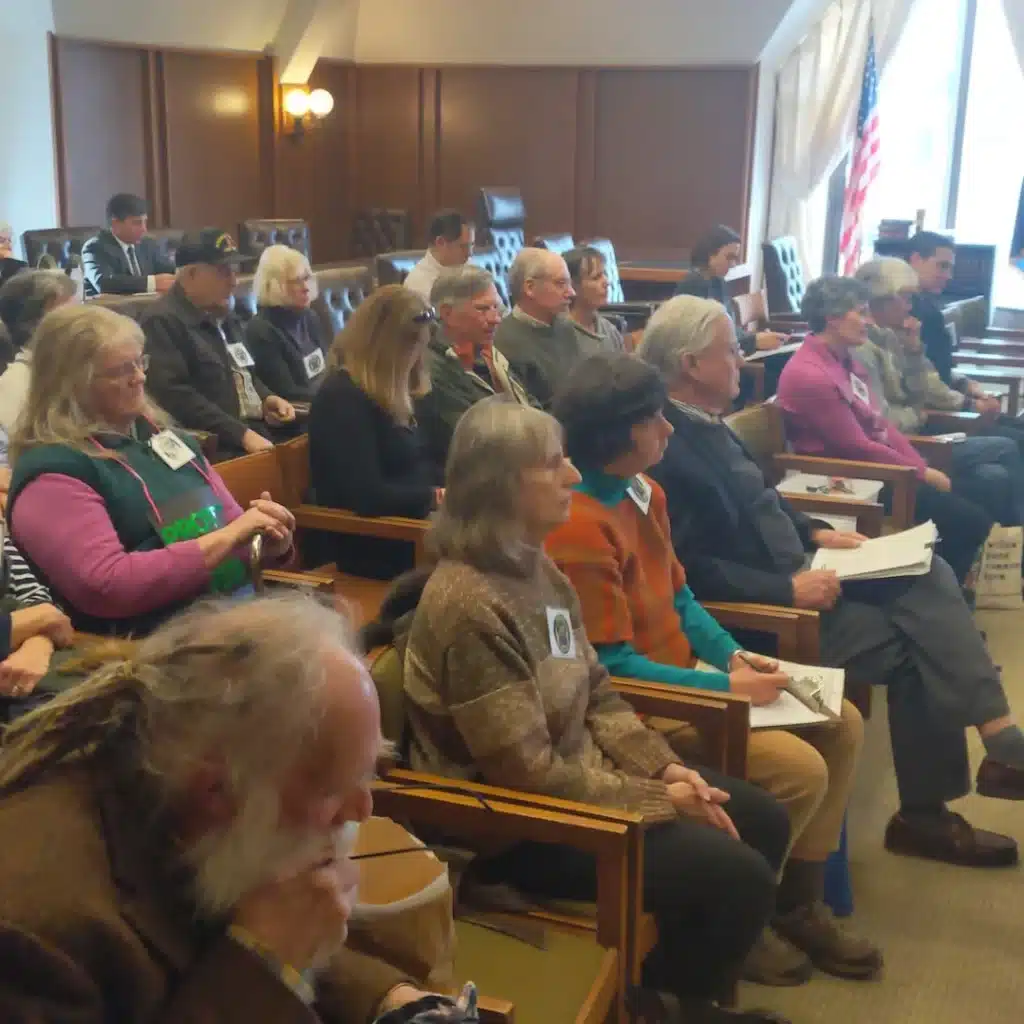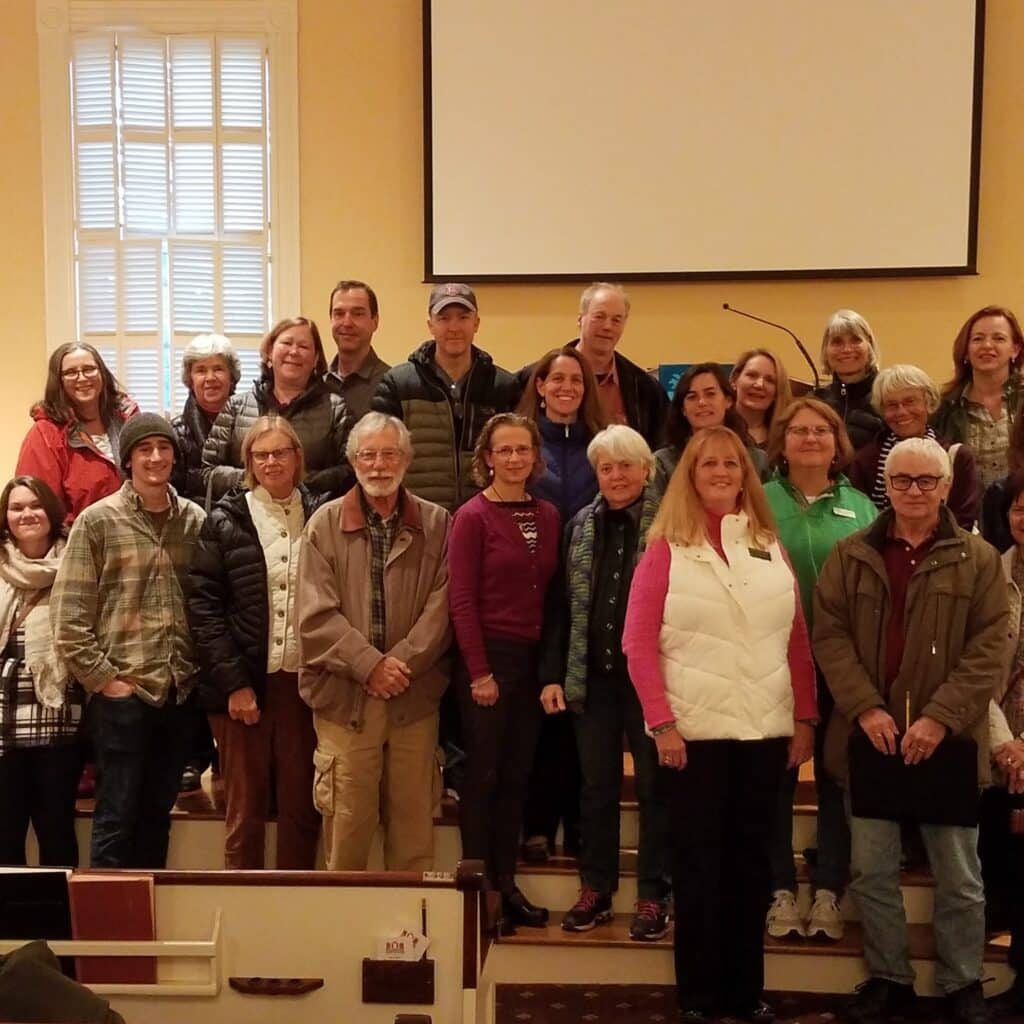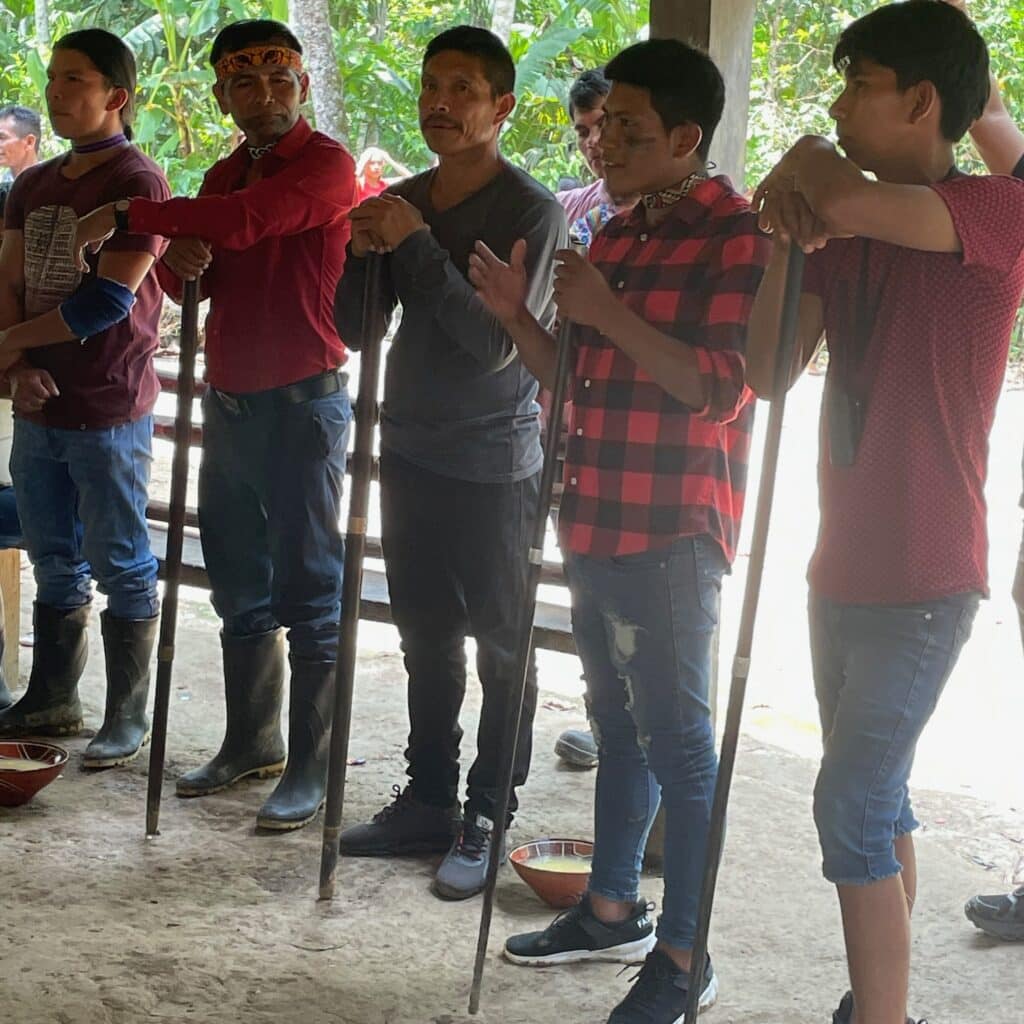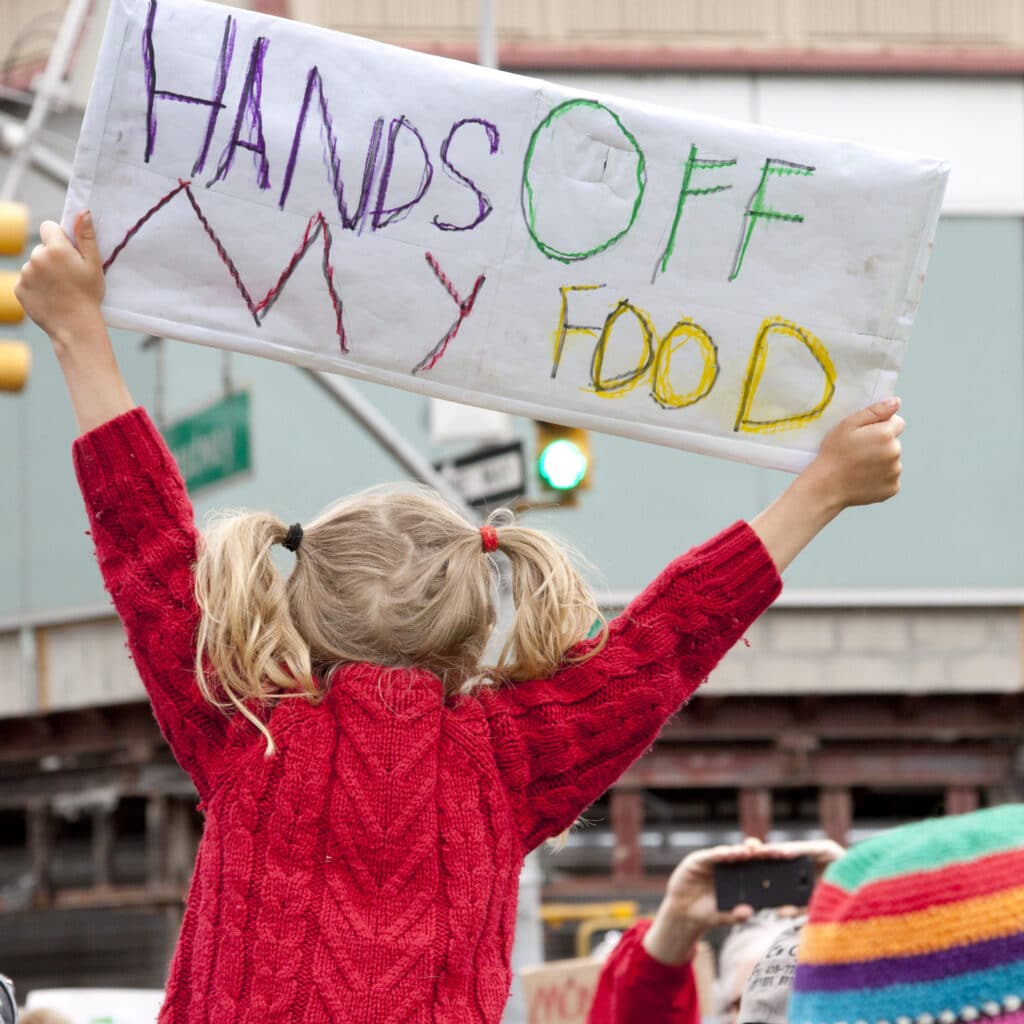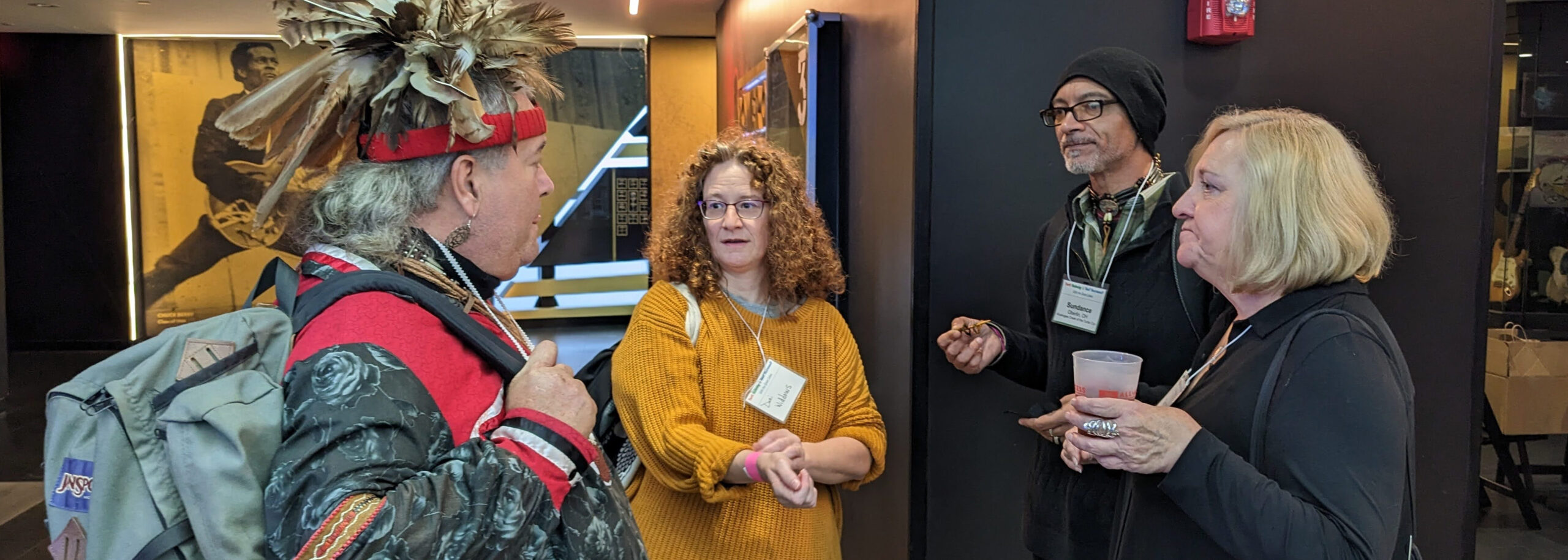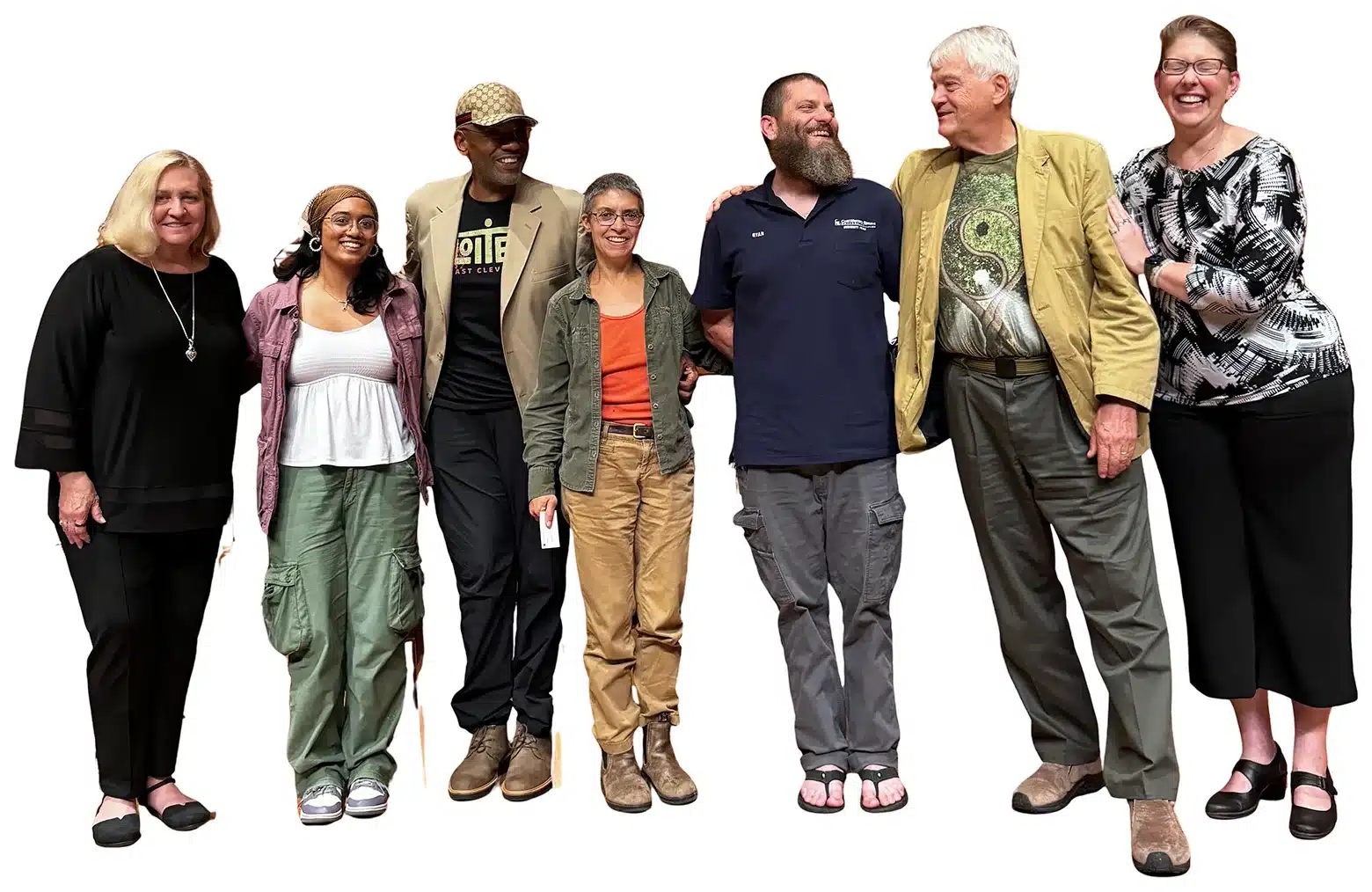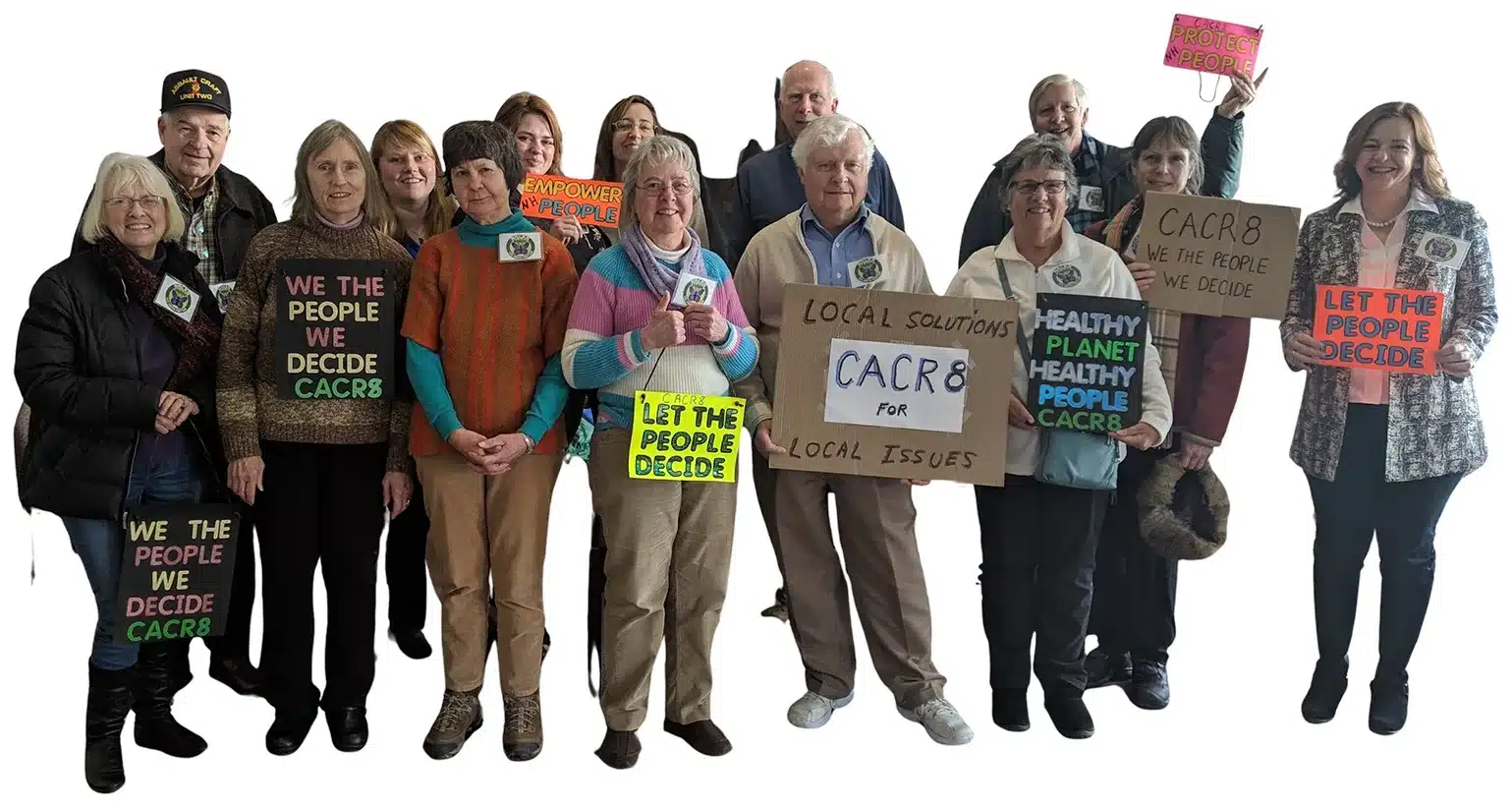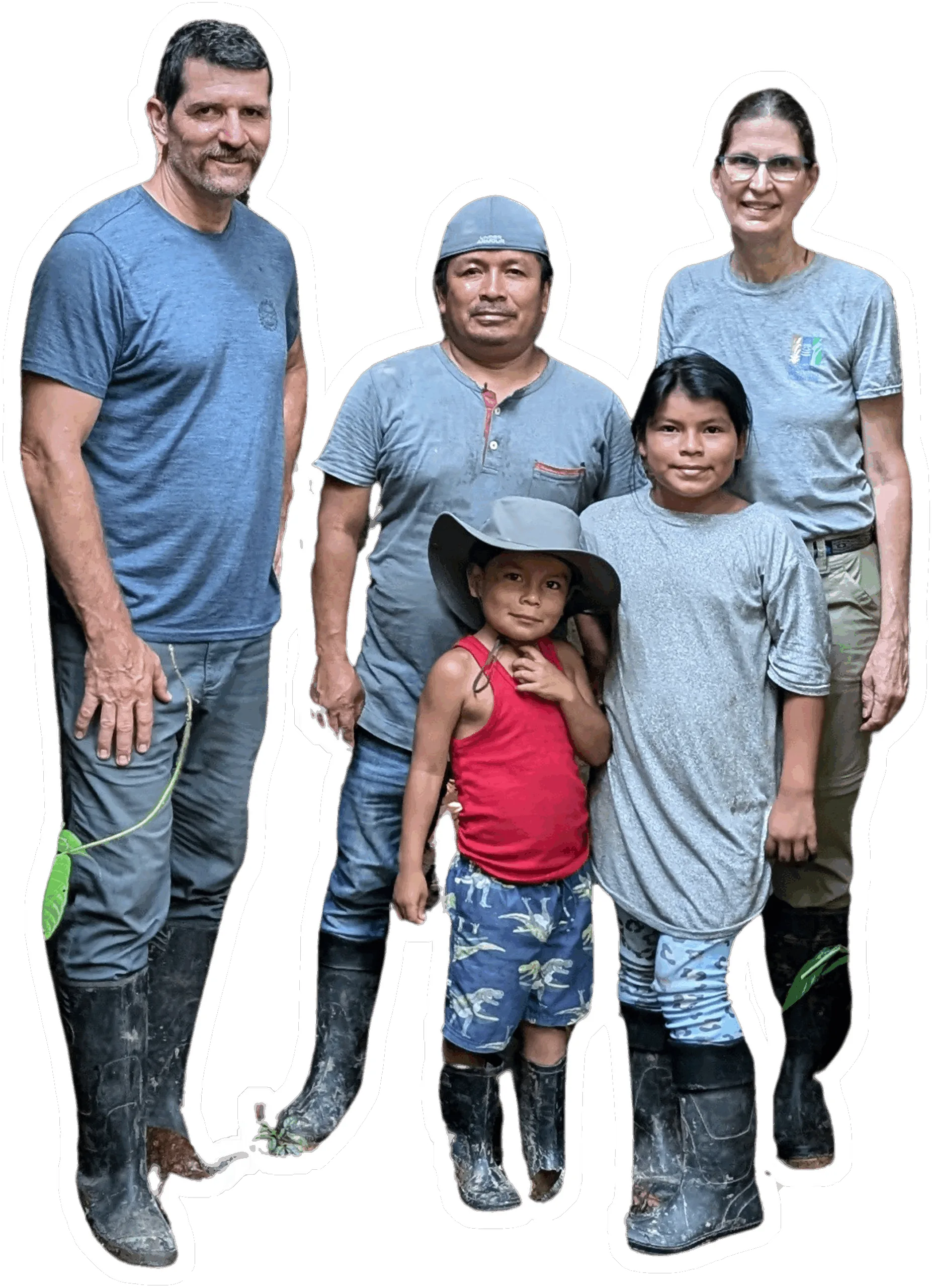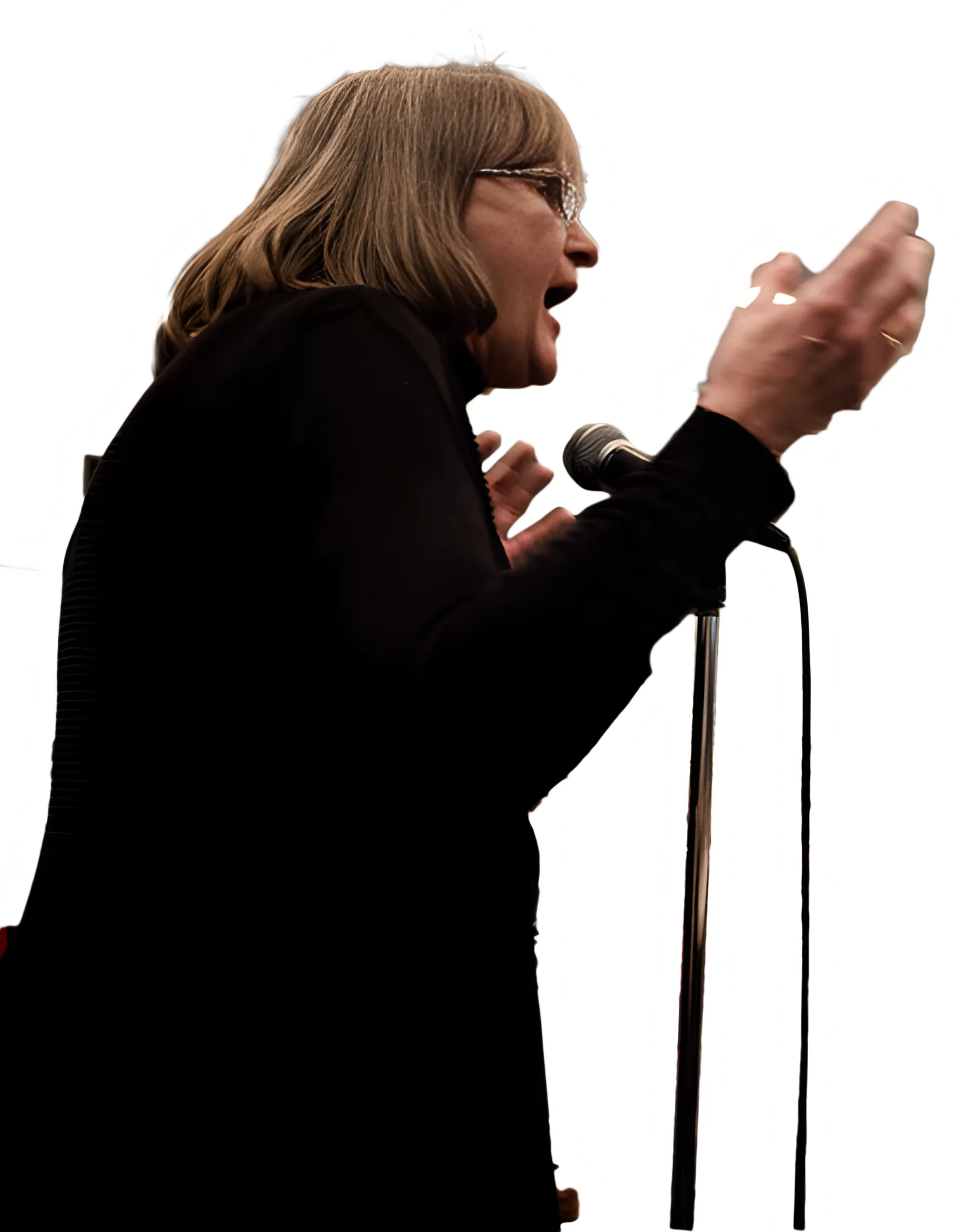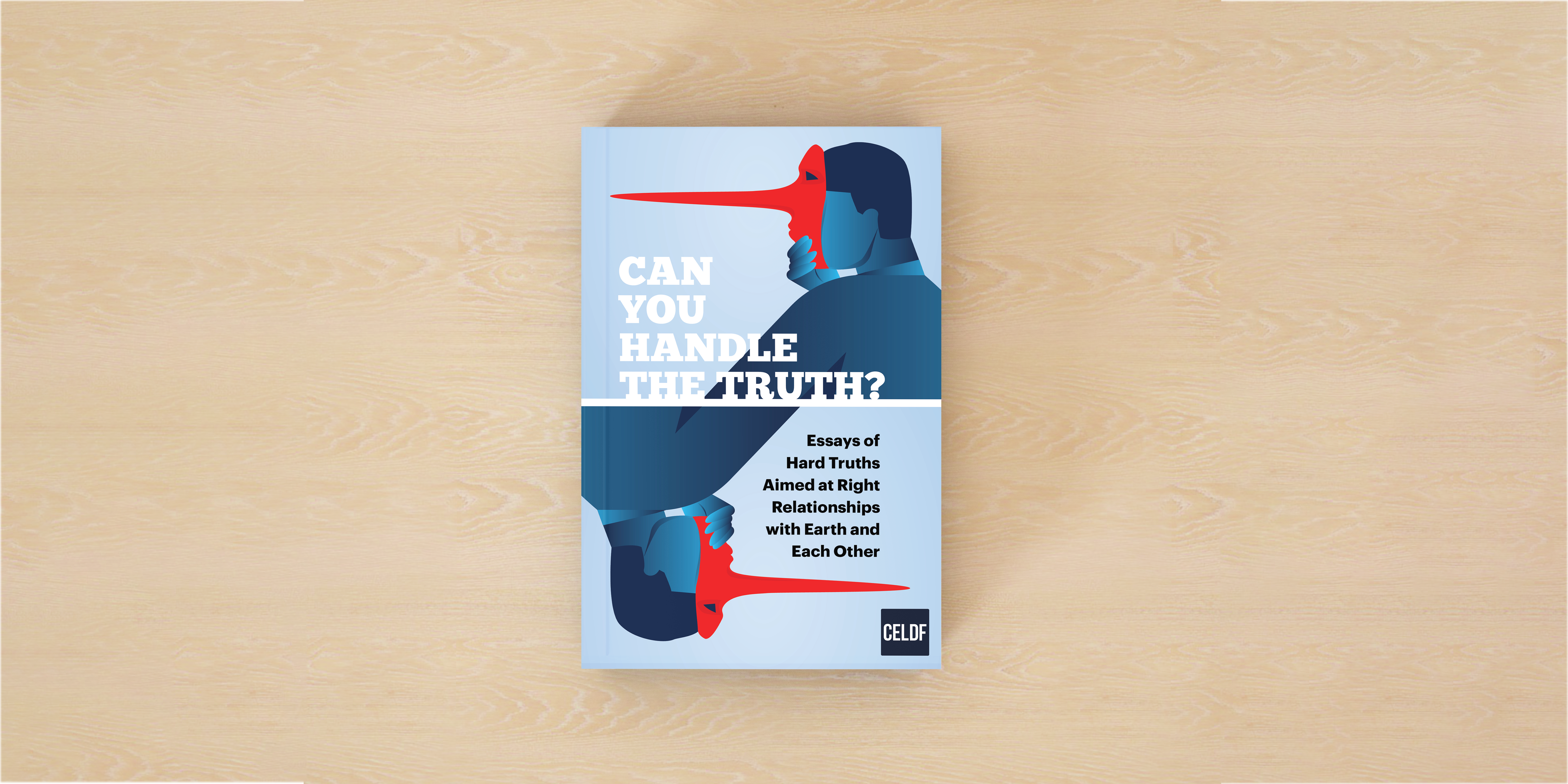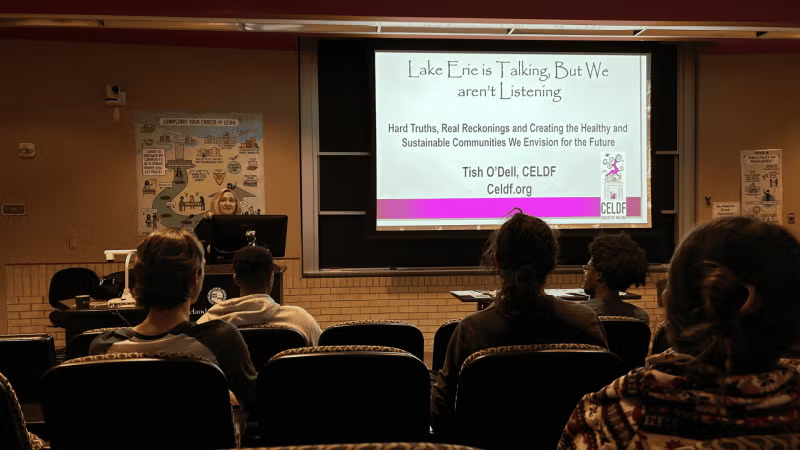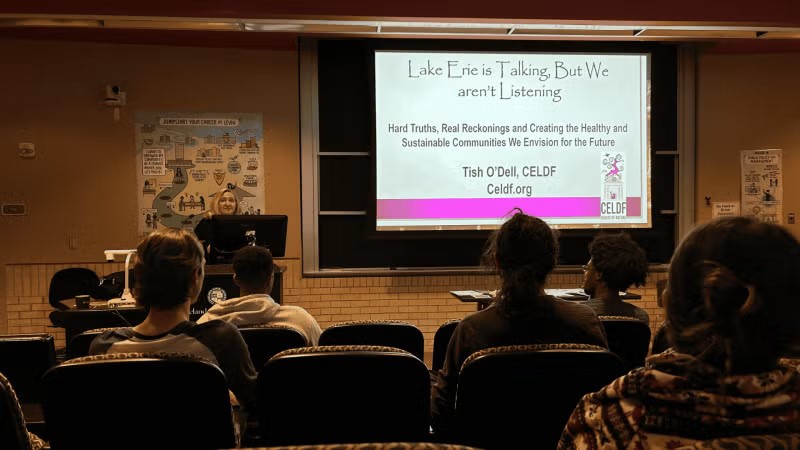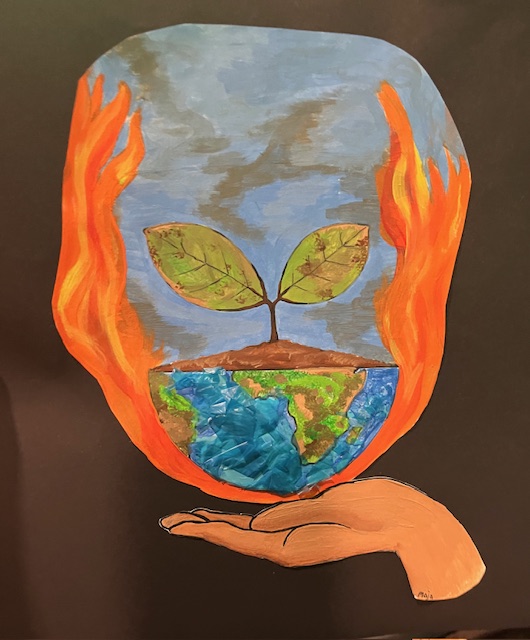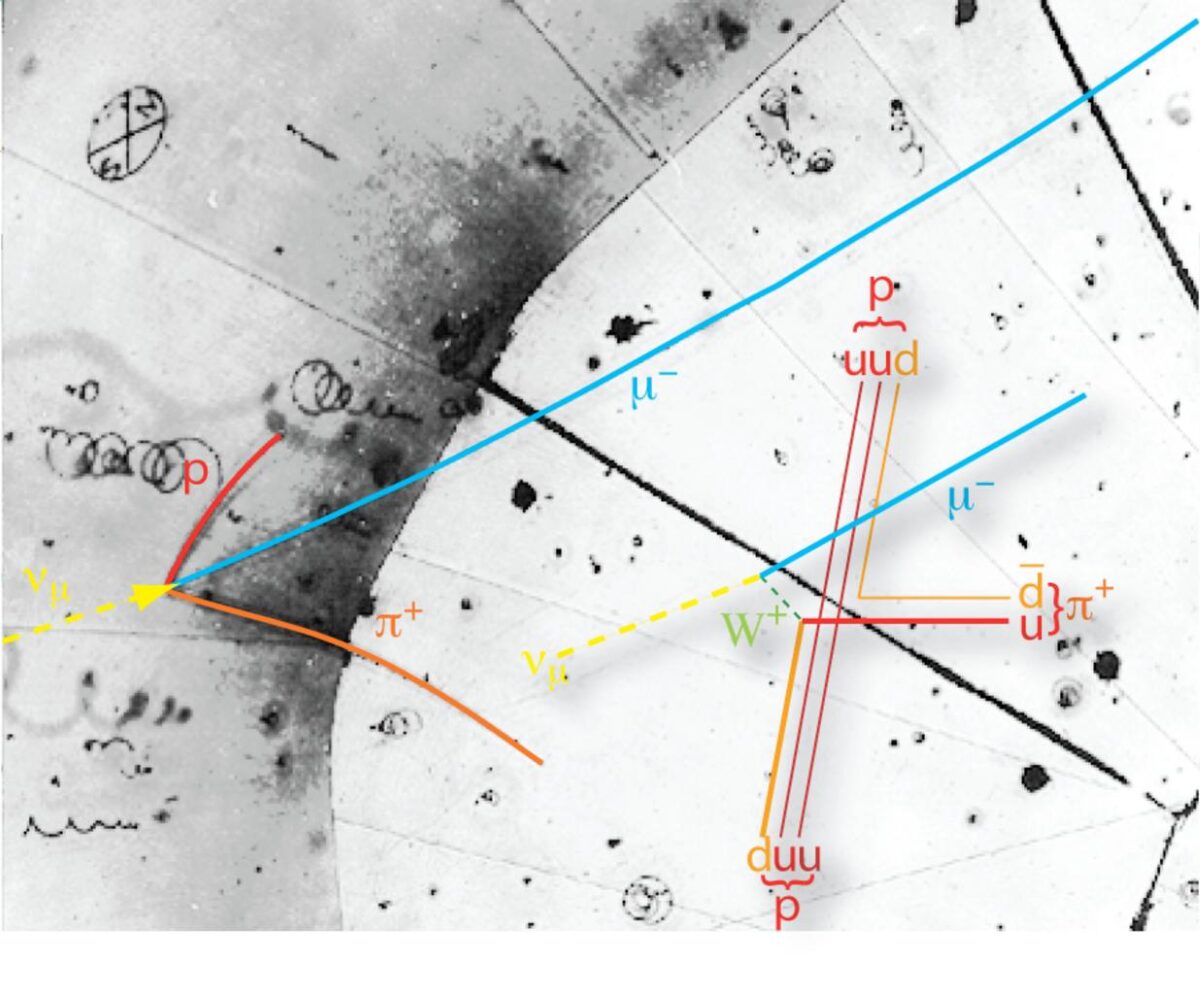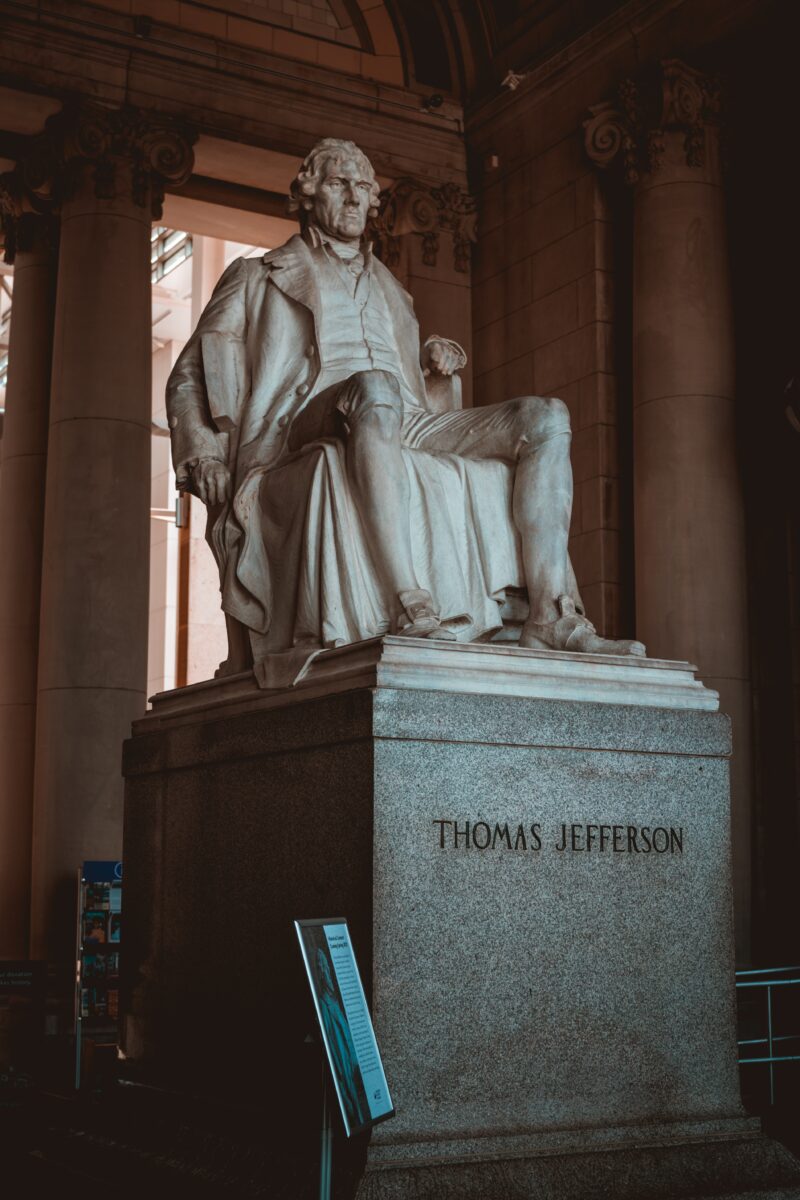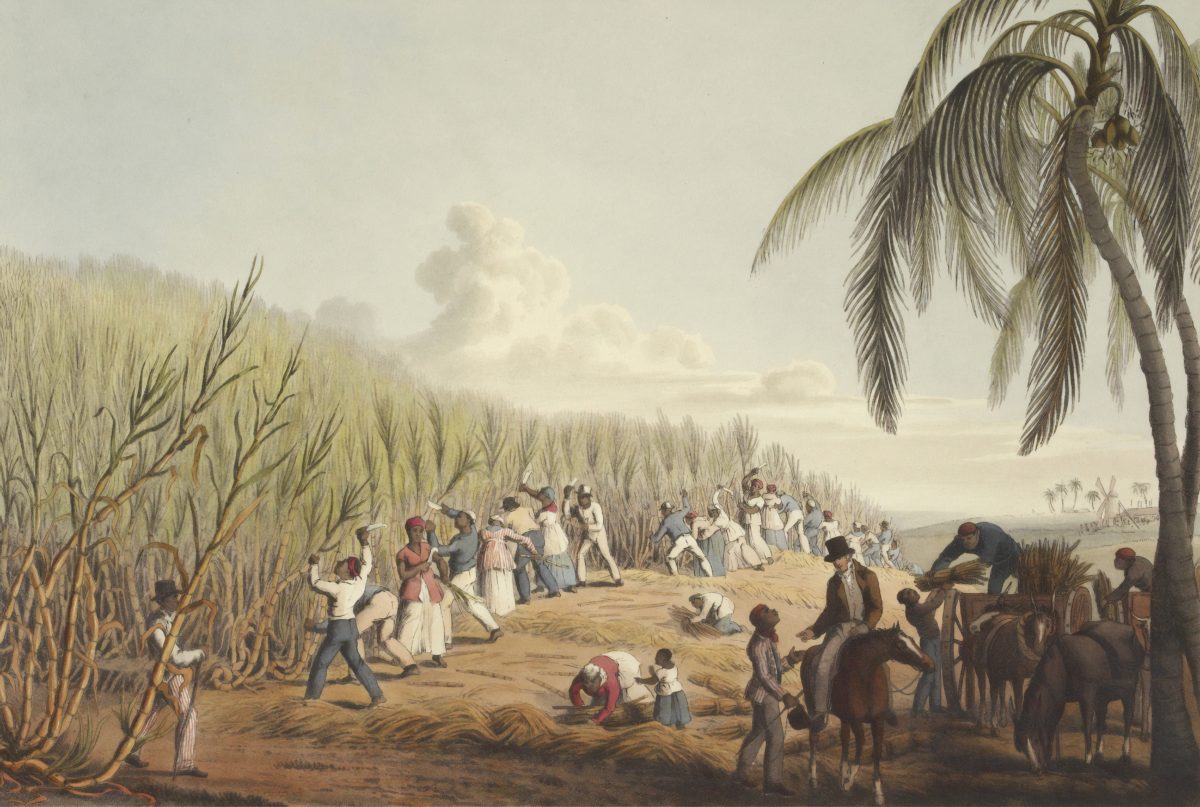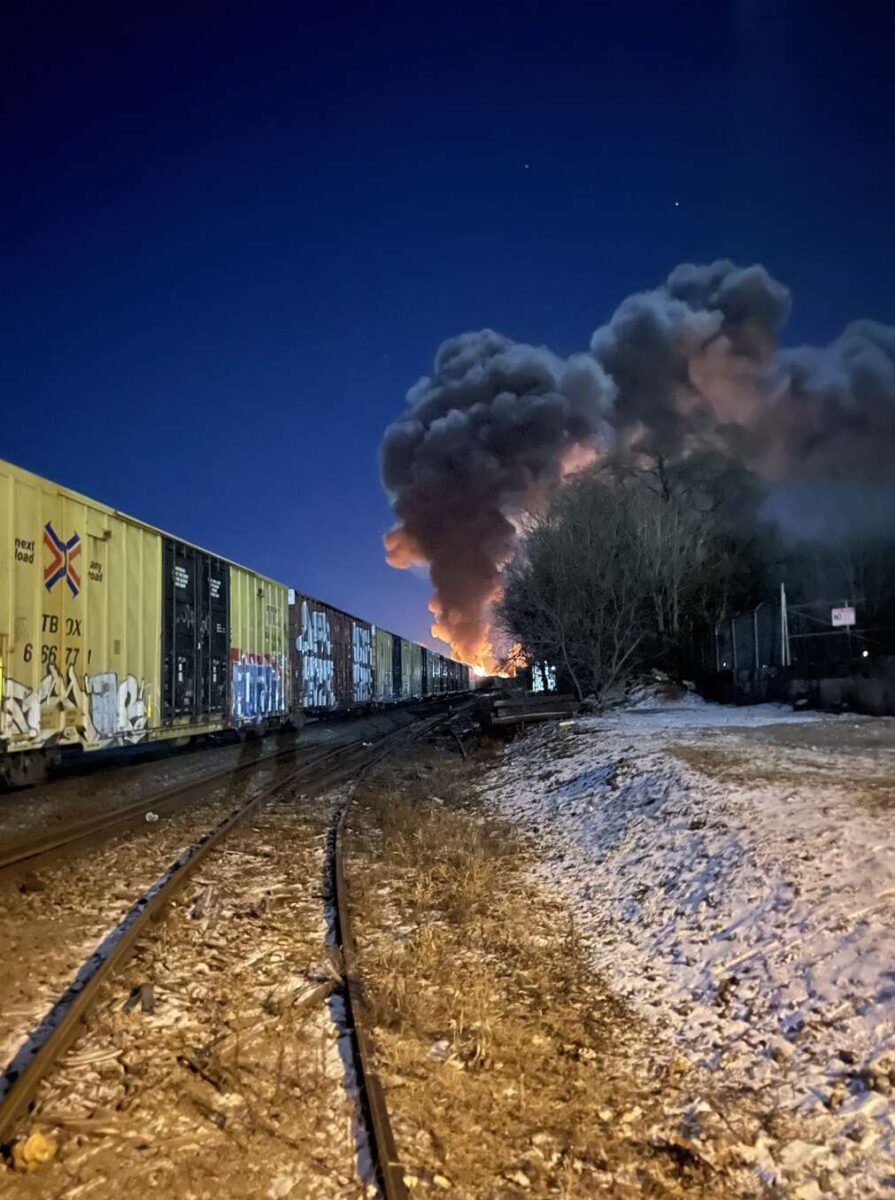A new democratic structure will empower collaboration and expansion
CELDF just celebrated its 25th birthday. Now, we’re investing in the next 25 years.
For decades, our staff have spearheaded issues few others would touch. CELDF was years ahead of the curve on Rights of Nature and a structural demand for local community self-determination to counteract corporate power. We’ve helped successfully advance these movements.
At its core, these issues are about communities deciding for themselves how to protect themselves from corporate exploitation. We’ve been on the side of democracy, against the corporate state. But our own internal organization still remained in a rigid hierarchical corporate form. With the departure of management that favored the old structure, CELDF is moving forward implementing fresh ideas more in line with local community needs and requests.
We are now adapting to expanded needs and gearing up to accommodate locally-specific organizing and legal strategies through a toolbox of approaches, as organizing for this fundamental political and legal change proliferates and takes unique forms.
That’s why we are excited to announce internal changes to our organizational structure to facilitate greater horizontal collaboration between CELDF and other groups and communities. We are tacticians in a shared struggle for democracy, not outside experts with all the answers. As we have peeled off the layers of the corporate state, it has become necessary for us to transform how we work to ensure that we are practicing the change we wish to see in the world. This restructure will help us better support movements for democracy.
Thus, we are moving toward a worker-directed organizational governance model in order to facilitate greater democracy, flexibility, and collaboration. A worker-driven model will allow for our historical analysis of law and power, community organizing support, legal services and communications to take new creative forms as an uncertain and ever-changing future unfolds.
We exist within a vibrant, accelerating movement. Throughout our work, we are committed to prioritizing solidarity, diversity, and equity. Whether that’s through recognizing and defending the rights of ecosystems and complementary human and civil rights on settler colonial-controlled land, supporting and elevating the expansion of traditional and customary indigenous law, connecting Rights of Nature recognition to Truth and Reconciliations, to advancing new participatory shadow and conventional government structures.
Get to know our staff and legal team (Listed in alphabetical order).
Ben Price, Community Organizer. Ben was our first community rights organizer. He joined the staff in 2004, focusing on communities in Pennsylvania. Ben’s work has included assisting the first community on settler colonial-controlled land on Earth to recognize legal rights for ecosystems (Tamaqua, PA, 2006) and with the City Council of Pittsburgh to adopt a community bill of rights banning fracking, directly challenging state preemption of local control over oil and gas corporations and recognizing Rights of Nature. Today he works on municipal efforts nationwide. Ben participated in the founding of the Global Alliance for the Rights of Nature (Ecuador, 2010), and authored the book “How Wealth Rules the World: Saving Our Communities and Freedoms from the Dictatorship of Property,” which won the Independent Publisher’s 2020 silver medal. He lives on ancestral lands of the Delaware/Lenape and Mohican people, in Pennsylvania. Contact: benprice@celdf.org, keybase.io/bengprice3gmailc (encrypted), or 717-254-3233.
Chad Nicholson, Community Organizer. Chad has been engaged in community rights work since 2009, initially working with Envision Spokane on a Bill of Rights protecting neighborhoods, workers, and the environment. He then moved on to assist in New England, working with communities in Maine and New Hampshire to protect their environment. He now lives and organizes in Pennsylvania, assisting communities to engage in rights-based organizing on issues ranging from environmental protection to prisoners’ rights. Recently, Chad worked directly with state legislators to introduce a PA state constitutional amendment to guarantee community self-government. Contact: chad@celdf.org, keybase.io/ctnicholson (encrypted) or 207-541-3649 (encrypted through signal.org).
Crystal Jankowski, Social Media and Communications. Crystal lives on traditional Myaamia Ancestral Land. She has been a dedicated member of our team since 2019. She is a community-focused photographer and an advocate to all who need their voice lifted. Crystal played a crucial role in the passage of the Lake Erie Bill of Rights in Toledo, Ohio, and has been a strong voice for the Rights of Nature Movement ever since. She leads up our social media campaigns and produces our Fast Fact Friday video series. Check out CELDF on Facebook and Twitter. Contact: crystal@celdf.org.
Kai Huschke, Community Organizer. Since 2008, Kai has been working with community rights groups in the Western United States including Hawaii, Idaho, Montana, Oregon, and Washington. He was a principal member of Envision Spokane which proposed the very first Community Bill of Rights in 2009 and subsequent Worker Bill of Rights and Voter Bill of Rights campaigns. Kai is a lecturer for CELDF’s Democracy School and a board member of the Oregon Community Rights Network. Kai lives with his family near the confluence of Hangman Creek and the Spokane River, home and traditional fishing grounds of first peoples for over 11,000 years including bands of the Spokane as well as the Coeur d’Alene, Nez Perce, and Palouse tribes. Contact: kai@celdf.org, keybase.io/kaihuschke (encrypted), or 509-607-5034 (encrypted through signal.org).
Karen Hoffmann, Lawyer. Karen Hoffmann is an attorney at Syrena Law in Philadelphia, the Indigenous territory known as “Lenapehoking,” the traditional homeland of the Lenape. Since 2017, she has worked with CELDF to represent communities across Pennsylvania, including Grant Township, who are fighting to protect their environment by advancing the rights of Nature. She also practices immigration law, helping people defend themselves from deportation and get free from detention, and received the 2019 Pro Bono Award from the Northern District of Illinois for litigation to reunite separated families. She believes the wrong ICE is melting. Contact Karen at syrenalaw dot com or keybase.io/karhoff (encrypted).
Kira Kelley, Lawyer. Kira defends law-making and law-breaking across the colonized Abenaki and Pennacook territory that is now New Hampshire and Vermont. As a CELDF contract attorney since 2019, Kira joins forces with New Hampshire communities fighting against the corporate state for human and ecosystem rights. In her free time Kira supports and learns from immigration and racial justice organizers working on No Mas Polimigra and defunding the police campaigns, represents activists who are arrested for highlighting the stark difference between legality and morality, and trains groups on basic movement skills like legal self-defense and security culture. Kira believes that the US system of law is designed to stabilize a racist, exploitative status quo and that lawyers should be dam-busters, not gate-keepers, to democratic power. Contact kakelley436@gmail.com or https://keybase.io/kelley (encrypted).
Lindsey Schromen-Wawrin, Lawyer. Lindsey Schromen-Wawrin lives on nəxʷsƛ̕áy̕əm̕ lands, and is an attorney at Shearwater Law PLLC. He has worked for CELDF since 2013, leading and supporting litigation for dozens of communities we have worked with. His clients have also included Lake Erie Ecosystem, Little Mahoning Watershed, Crystal Springs Ecosystem, and numerous grassroots community groups fighting for local democracy. He has written about rights of Nature in Representing Ecosystems in Court: An Introduction for Practitioners, 31 Tulane Envtl. L.J. 279 (2018), and co-authored chapters in La Follette & Maser (Eds.), Sustainability and the Rights of Nature in Practise (CRC Press 2019), and Anthony R. Zelle et al. (Eds.), Earth Law: Emerging Ecocentric Law—A Guide for Practitioners (Aspen Coursebook, Wolters Kluwer 2020). He teaches about direct democracy and local government law, and has written for CELDF’s blog with pieces like Ceiling Preemption is Unamerican and The NRA, Gun Violence, and Ceiling Preemption. He serves as a city councilor in Port Angeles, Washington, and is a member of Local Progress and the International Parliamentary Alliance for the Recognition of Ecocide. He can be reached at lindsey@ShearwaterLaw.com, keybase.io/lindseysw (encrypted), or +1-360-406-4321 (encrypted through signal.org).
Malinda Clatterbuck, Organizing Team. Malinda was introduced to CELDF’s work through her work founding Lancaster Against Pipelines, which used non-violent civil disobedience to resist a transmission line. She’s on the executive board of the Pennsylvania Community Rights Network and works alongside Chad Nicholson in organizing communities and legislators throughout Pennsylvania, helping to build a coalition of support for constitutional change for the Rights of Local Self Government. Malinda has worked as a pastor and teacher. She also presently works as a counselor and Spiritual Director. She consistently demonstrates strong support for CELDF’s work in her personal and professional lives. She has published with outlets including Earth Island Journal, and has been featured in PBS’s Protecting the Sacred: Water, the Environment and Climate Change, the documentary Half Mile Upwind on Foot, and in other media venues on a national and international scale. Contact: malinda@celdf.org or 717-875-5066.
Markie Miller, Foundation and Donor Outreach Assistant. Markie lives on traditional Myaamia Ancestral Land. She is a volunteer organizer for Toledoans for Safe Water, the Ohio Community Rights Network, and previously the National Community Rights Network. For CELDF, she works on grant writing, communications with supporters, and leads special projects. She is an ambassador for the Lake Erie Bill of Rights and the Rights of Nature, speaking at the United Nations, appearing on The Daily Show, and numerous local, national and international media outlets. Contact: markie@celdf.org.
Michelle Sanborn, Community Organizer. Michelle co-led an effort to successfully protect her hometown of Alexandria NH, located in the Abanaki region of the Missiquoi tribe, from industrial wind turbines through a Right to Sustainable Energy Ordinance in 2014. She joined CELDF as a community organizer in 2015. Michelle has nurtured relationships with state representatives, helping New Hampshire to become the first state in the nation to move Community Rights amendments three times. She has continued to expand the Community Rights Movement throughout New England by assisting local lawmaking efforts, including the first New Hampshire Right to a Healthy Climate law in Exeter, and Barnstead’s first-in-the-nation law securing freedom from religious identification. Michelle is also a lecturer for CELDF’s Democracy School and spends her free time creating music, and communing with Nature. Contact: michelle@celdf.org or 603-524-2468.
Patricia Gouveia, Foundation & Donor Outreach Director. Pattie leads our donor and foundation outreach programs, including grant proposals, annual fundraisers, and outreach content. Pattie first became acquainted with CELDF while working with local community activists to oppose the Jordan Cove Energy Project on the Southern Oregon Coast. She began working with CELDF on fundraising, outreach and grant proposals in 2019. Contact: pattie@celdf.org.
Simon Davis-Cohen, Communications and Research. Since coming on in May 2019, Simon has worked to develop a long-term media strategy to expand understanding of core issues like state preemption, corporate rights and the Rights of Nature. He helps build media relationships, develop media campaigns, edits CELDF’s newsletter and assists CELDF staff in getting them published in places like The Ecologist, Eugene Weekly, The Guardian, In These Times, Truthout, Common Dreams and Scalawag. In his personal life, he publishes on topics including municipal activism, policing, criminal punishment, civil liberties, citizenship paradigms, state preemption, and the Rights of Nature, for media outlets including The Appeal, The Nation, Common Dreams, Jacobin, Earth Island Journal, LA Review of Books, The Intercept, Salon, and others. He has appeared on radio shows including NPR’s The Takeaway and The Brian Lehrer show and his work has been cited in Georgetown Journal of Law & Public Policy, The New York Times, The Atlantic, Fast Company, Project Censored, Democracy Initiative, Harvard Latinx Law Review, Fordham Urban Law Journal, The Yale Law Journal, Indiana Law Journal, Stanford Law Review, Portside, Politico, Univision, Reuters, National Post (Canada), The Christian Science Monitor, the Council of State Governments Justice Center, among others. Simon lives on the traditional lands of a multitude of indigenous tribes and bands including the Chinook (Portland, OR). Contact: simon@celdf.org.
Stacey Schmader, Executive Director and Chief Financial Officer. Stacey is a co-founder of CELDF. She leads Human Resources and is responsible for planning, organization, and direction of the organization’s operations and programs. She has been with CELDF throughout its many twists and turns, and brings degrees in Biology and Accounting to the group. Her passion for this work has been a driving force since the beginning, “We started out small and knew that it was a big task, but we kept moving toward our goal. I never dreamed that we would have all of the staff members that we currently have. It was a dream, one that you hope others will take on and now they have.” Contact: stacey@celdf.org or 717-498-0054.
Terry Lodge, Legal Team. Terry brings 42 years’ experience as an antiwar activist and civil and environmental rights litigator. He has filled much of his past seven years with CELDF bringing challenges in support of direct democracy, Community Rights, and the Rights of Nature in Ohio. He also supports efforts to resist the spread of nuclear power, weapons and waste nationwide and provides criminal and civil law representation to environmental and civil rights protesters. He supports the return to democratic roots in order to resist climate chaos and to create a truly equitable society. Terry lives on Kiikaapoi (Kickapoo) traditional lands, from whence he counsels activists to walk with the power of a thousand generations Contact: lodgelaw@yahoo.com or 419-205-7084.
Tish O’Dell, Community Organizer. For the past 10 years, Tish has been involved in community rights and Rights of Nature work starting in her own community of Broadview Heights, Ohio, which led to the adoption of Ohio’s first Home Rule charter amendment creating a Community Bill of Rights banning fracking and recognizing Rights of Nature. She then went on to work with dozens of Ohio communities on anti-fracking, anti-pipeline, right to a livable climate, fair and free elections and water privatization issues. Today, Tish works with communities all over the country and internationally and most recently assisted the people of Toledo with their effort to pass the historic Lake Erie Bill of Rights, the first law on United States settler colonial land to recognize the rights of a specific ecosystem. Tish is a CELDF Democracy School lecturer and a founding member and current board member of the Ohio Community Rights Network. Her work has been featured globally, including by The Daily Show, the Ecologist and Mother Jones. Tish lives on the traditional lands of the Iroquois Confederacy or Haudenosaunee (The Five Nations). Contact: tish@celdf.org or 440-552-6774 (encrypted through signal.org)
Photo by Bankim Desai on Unsplash
